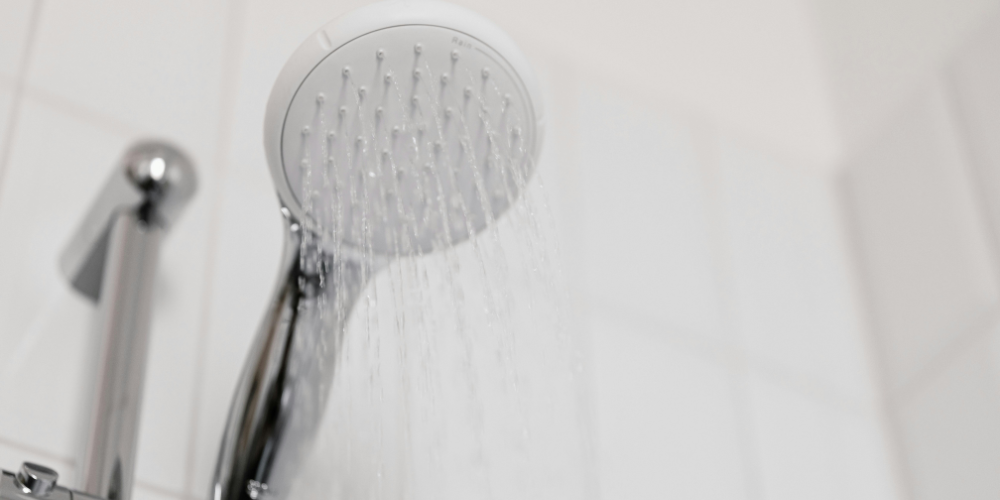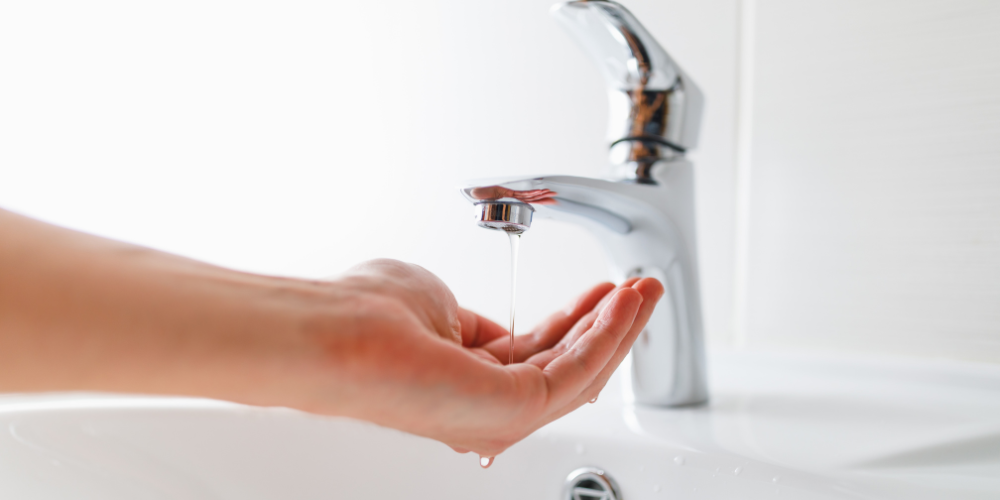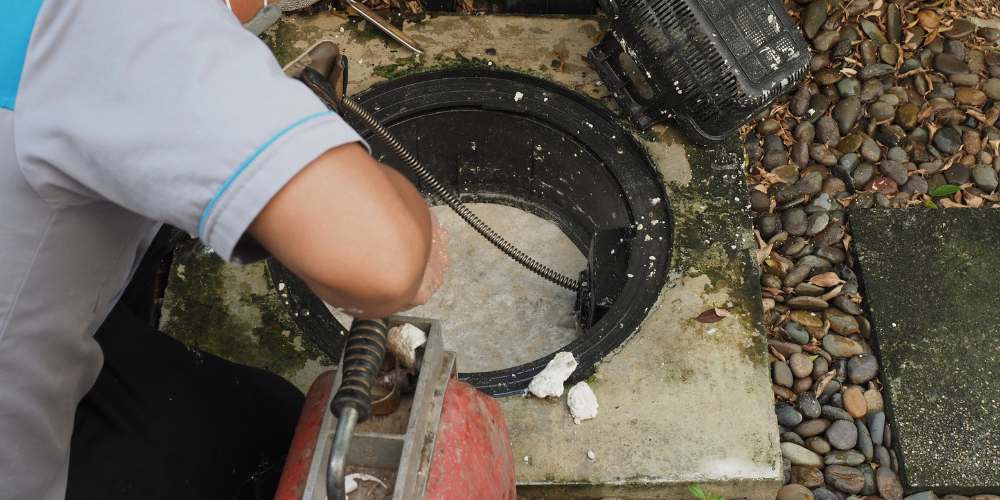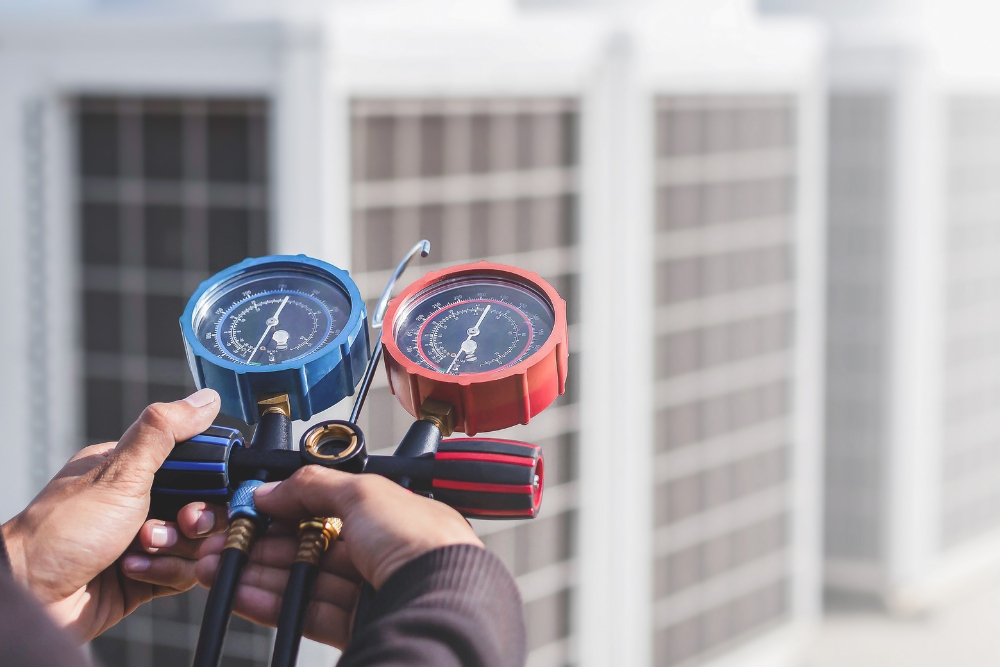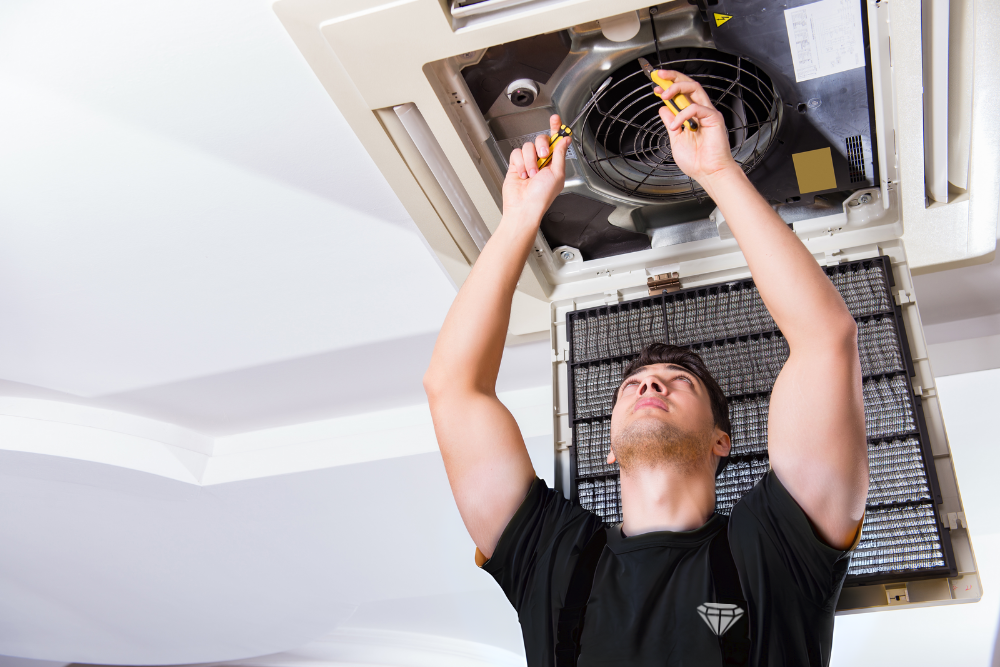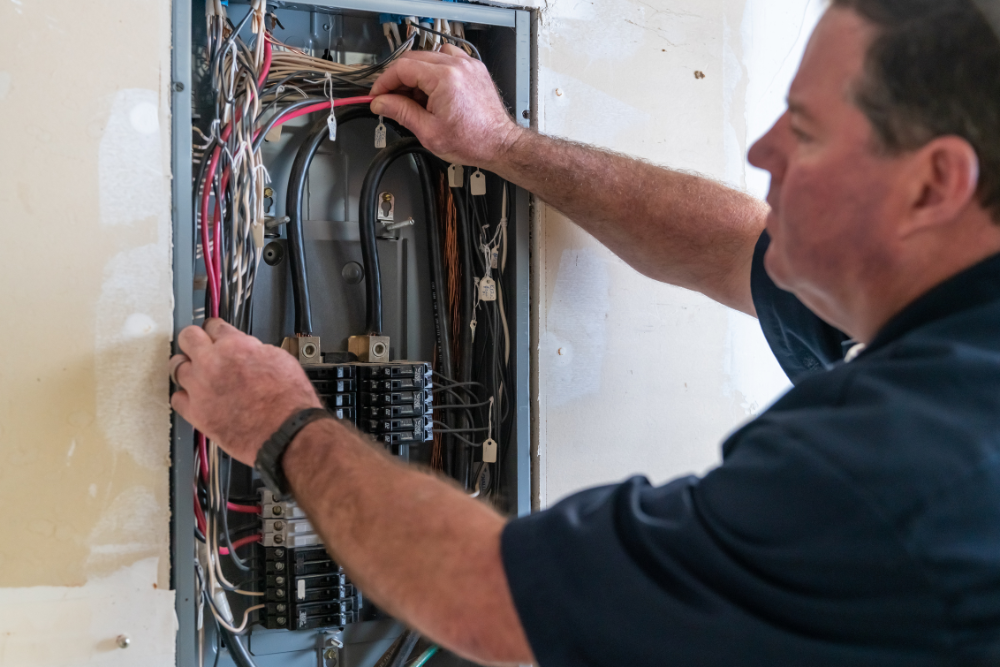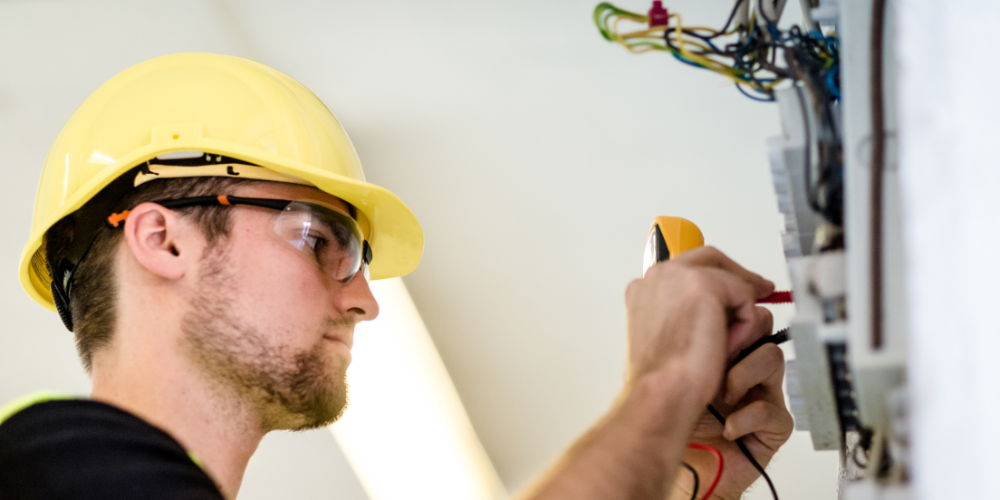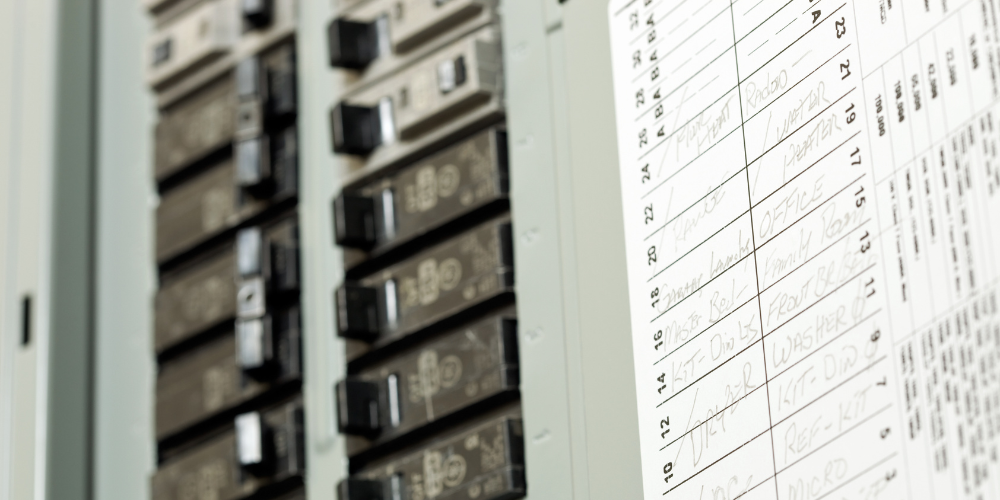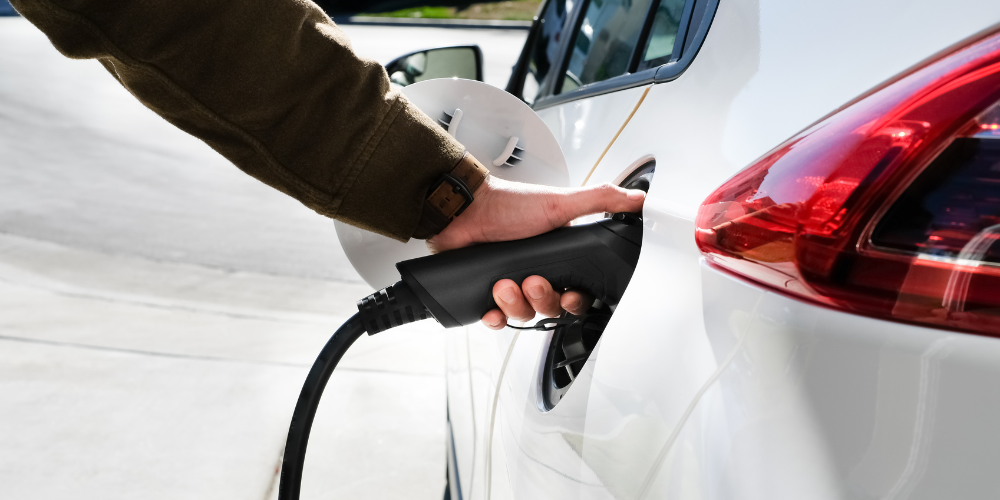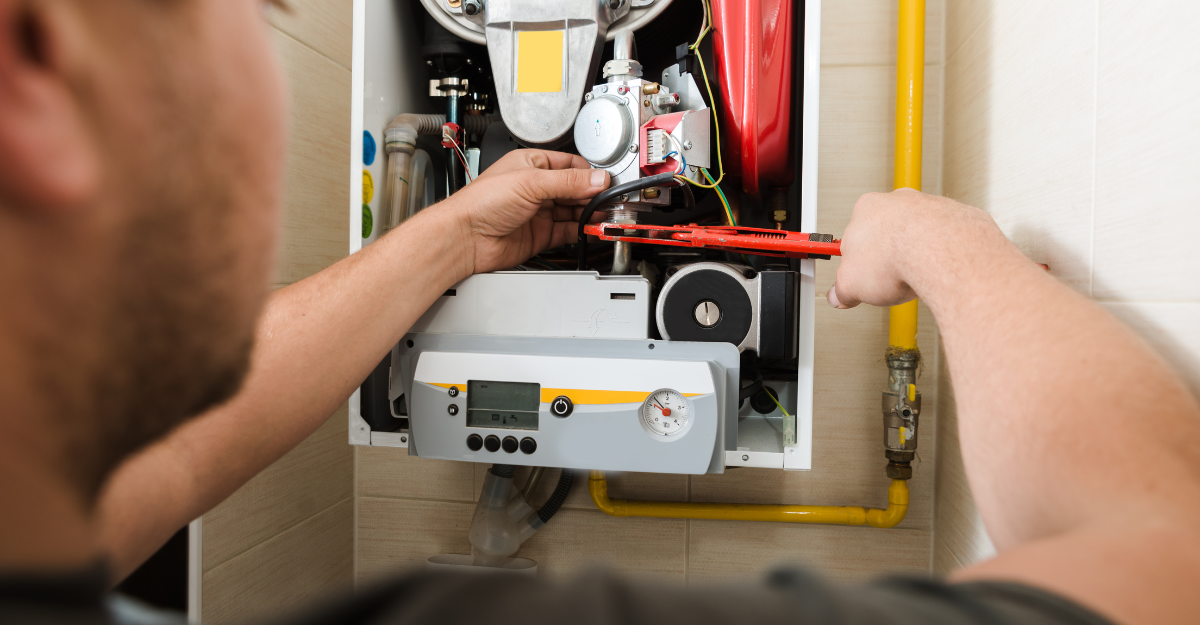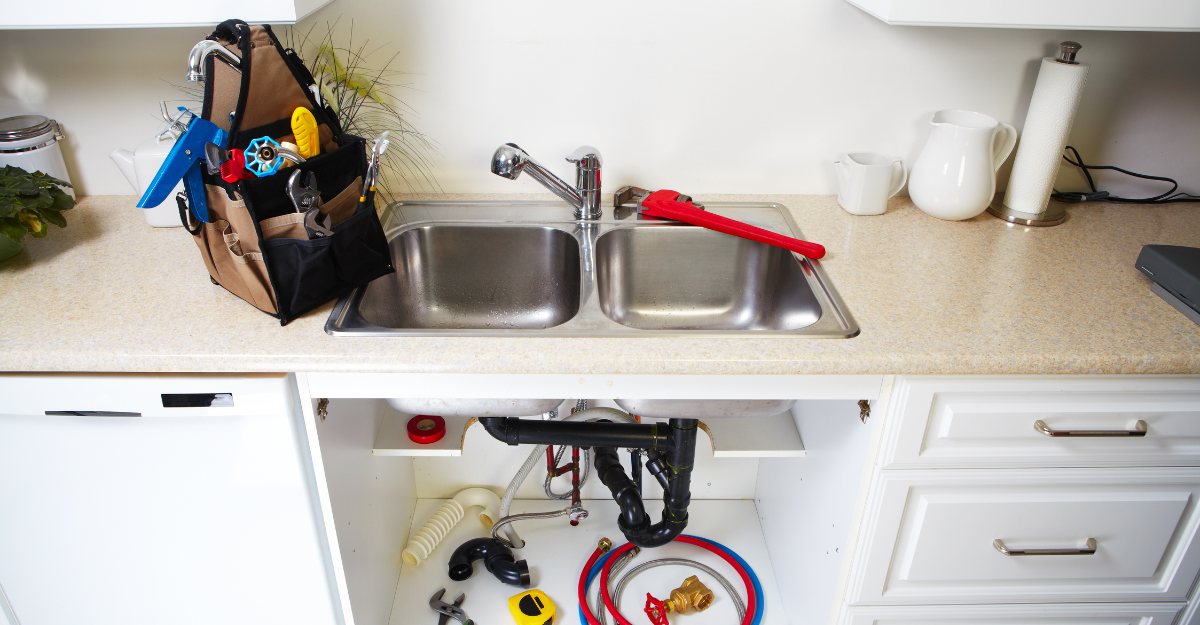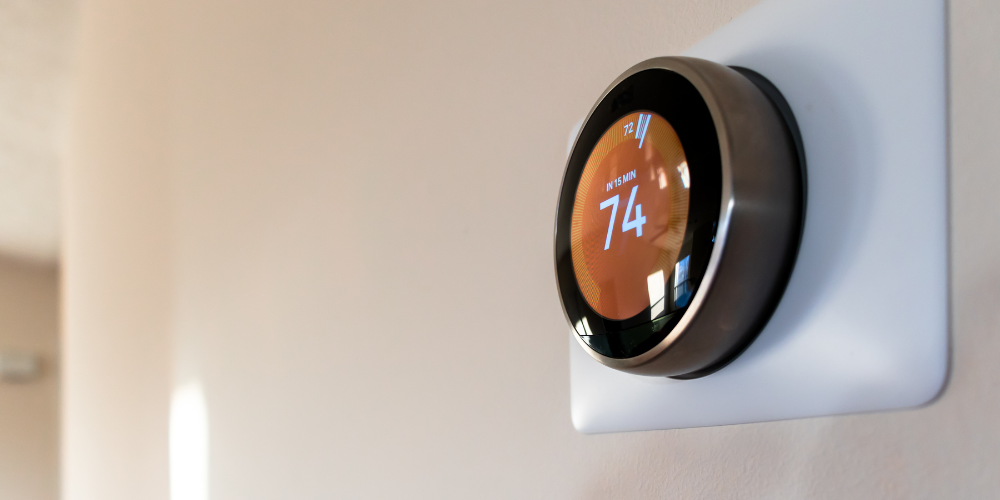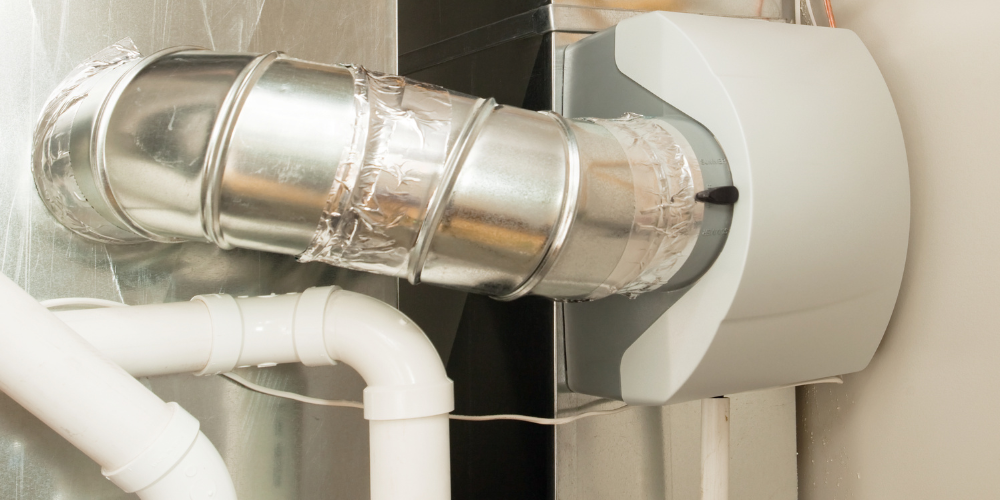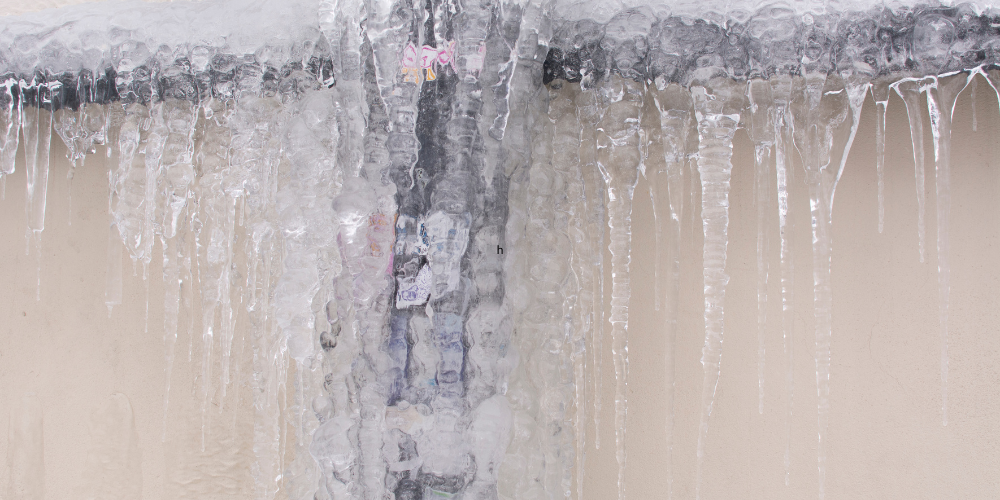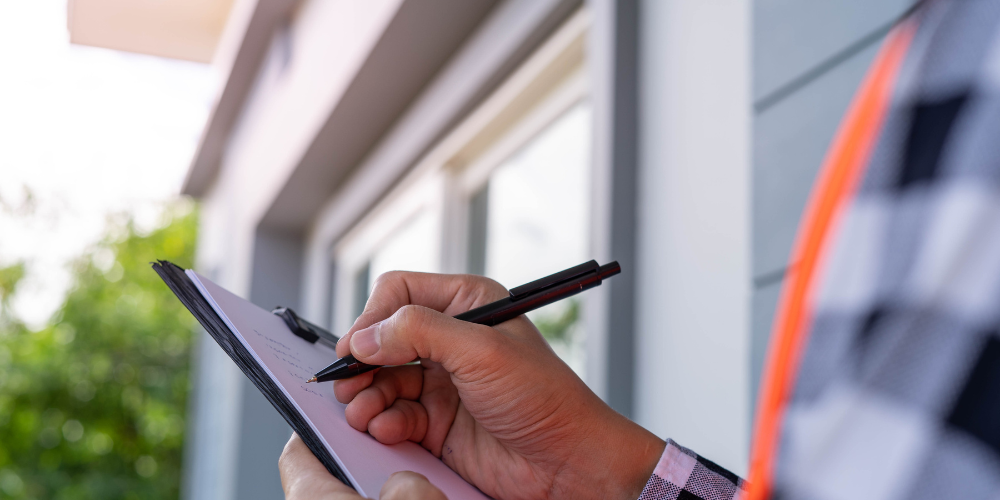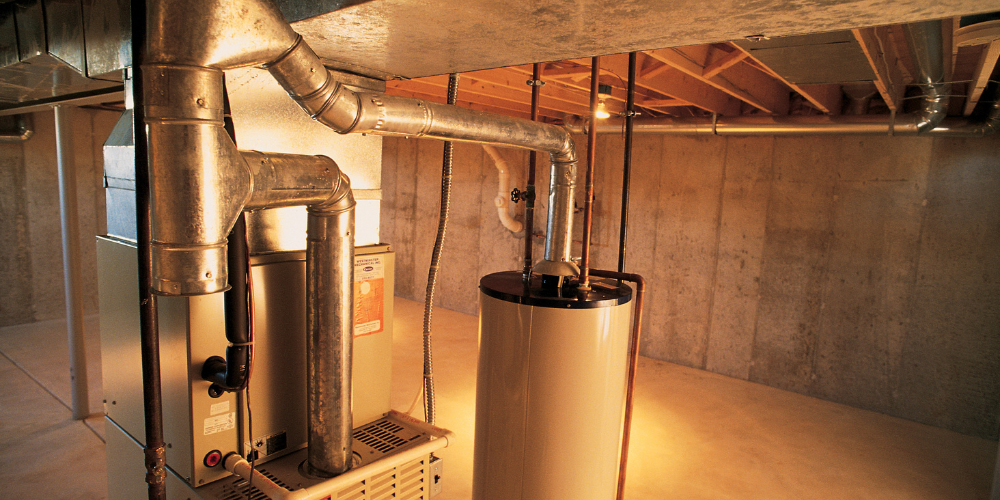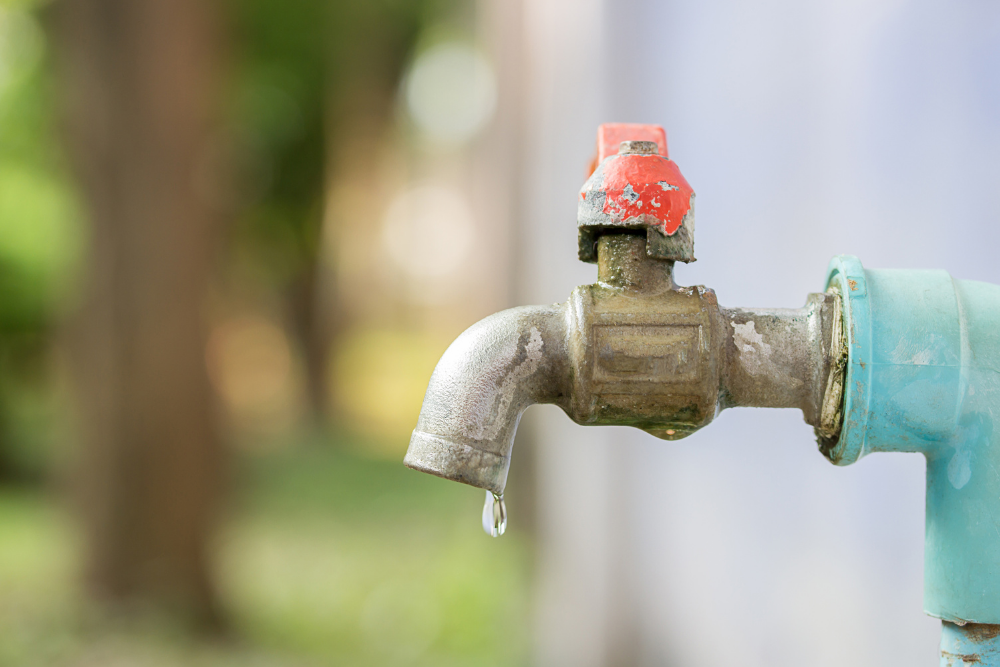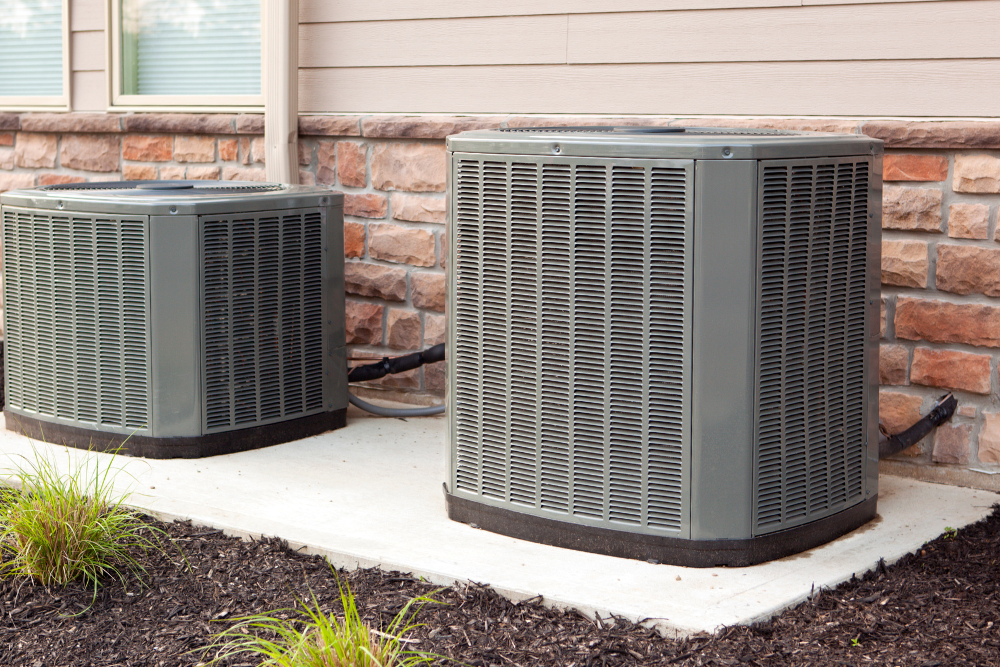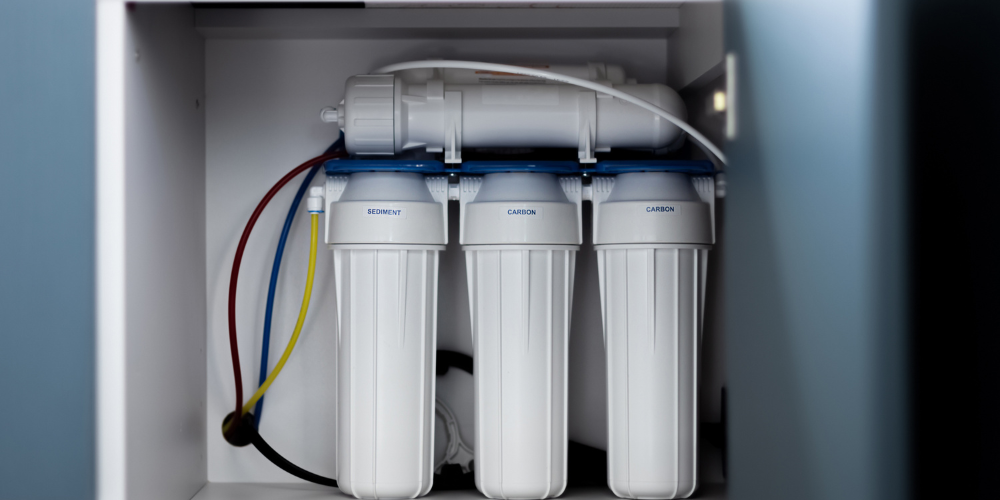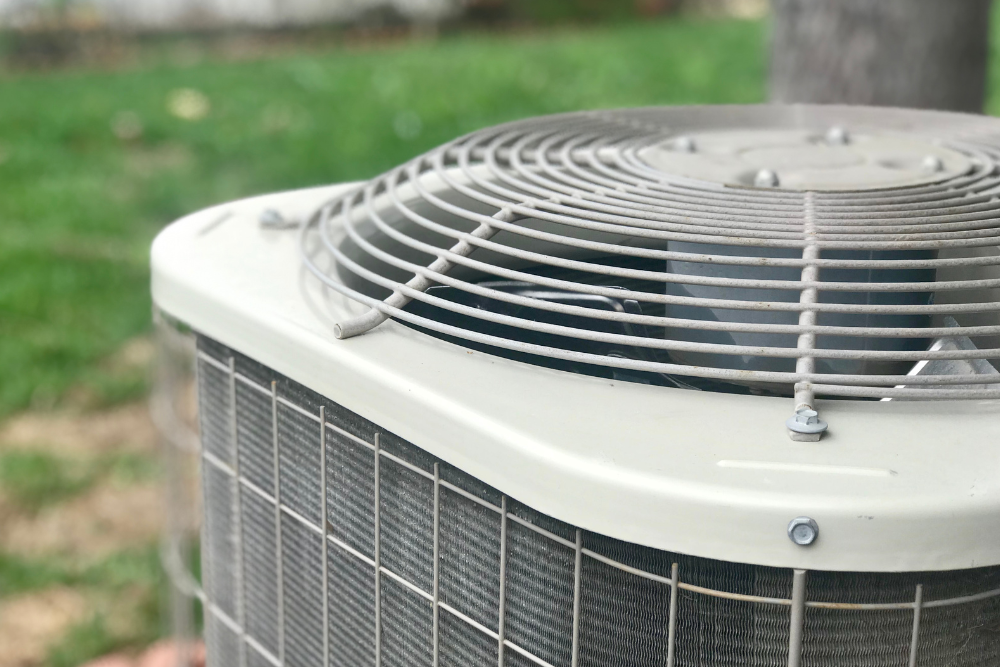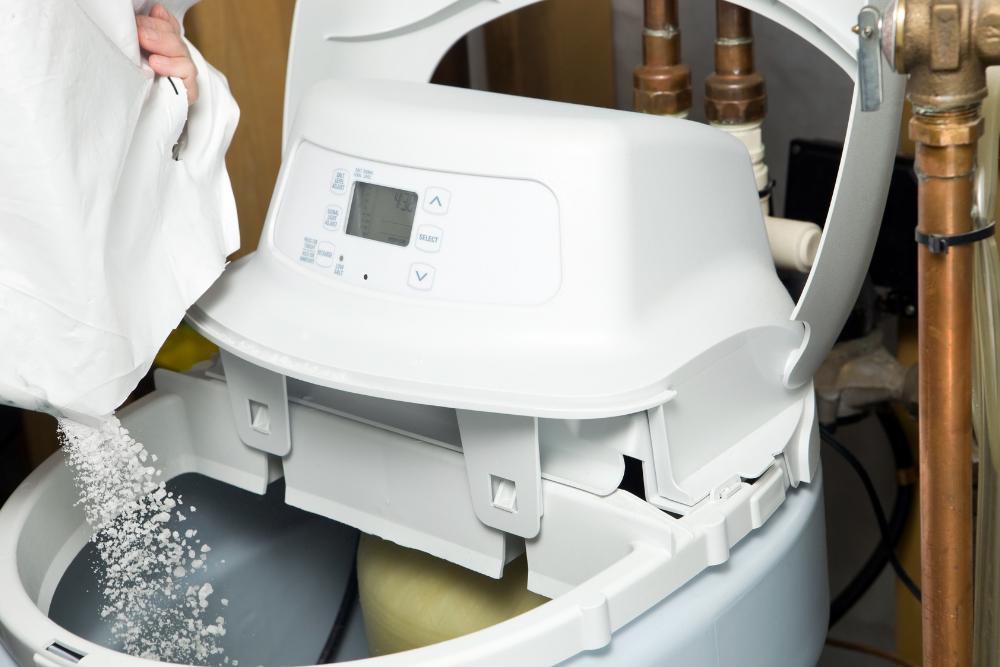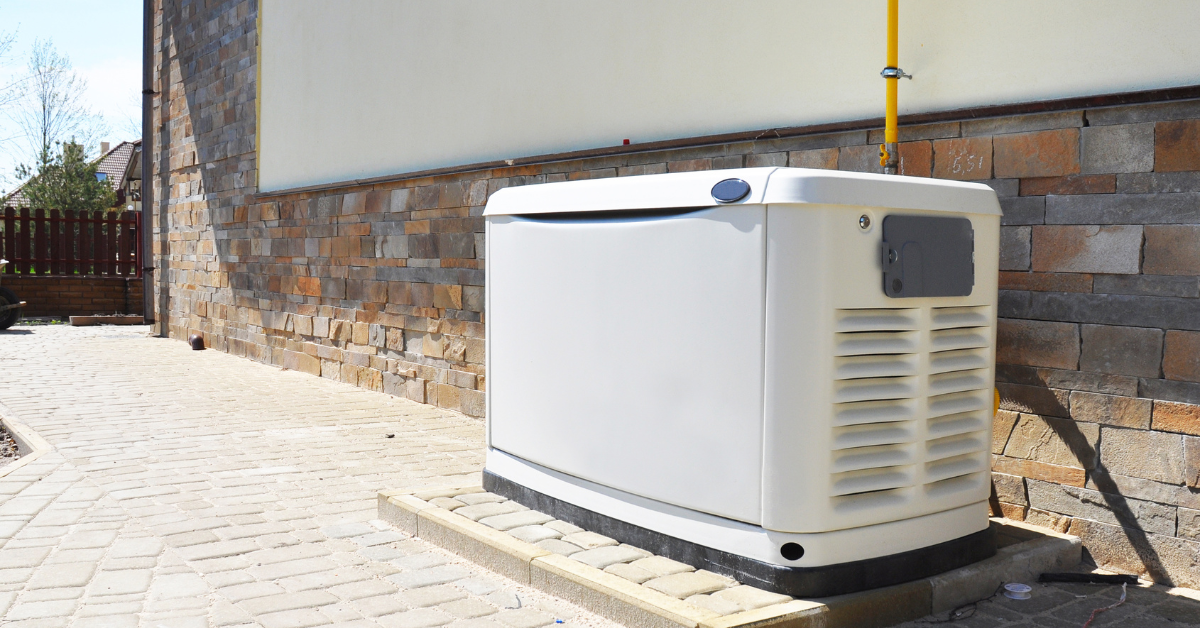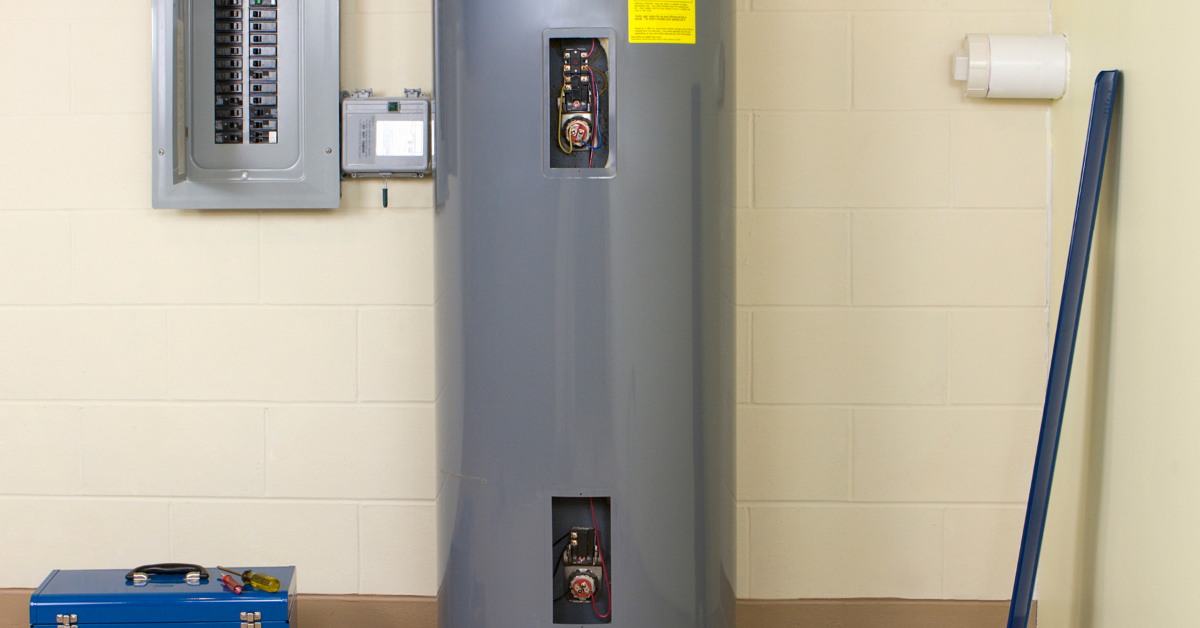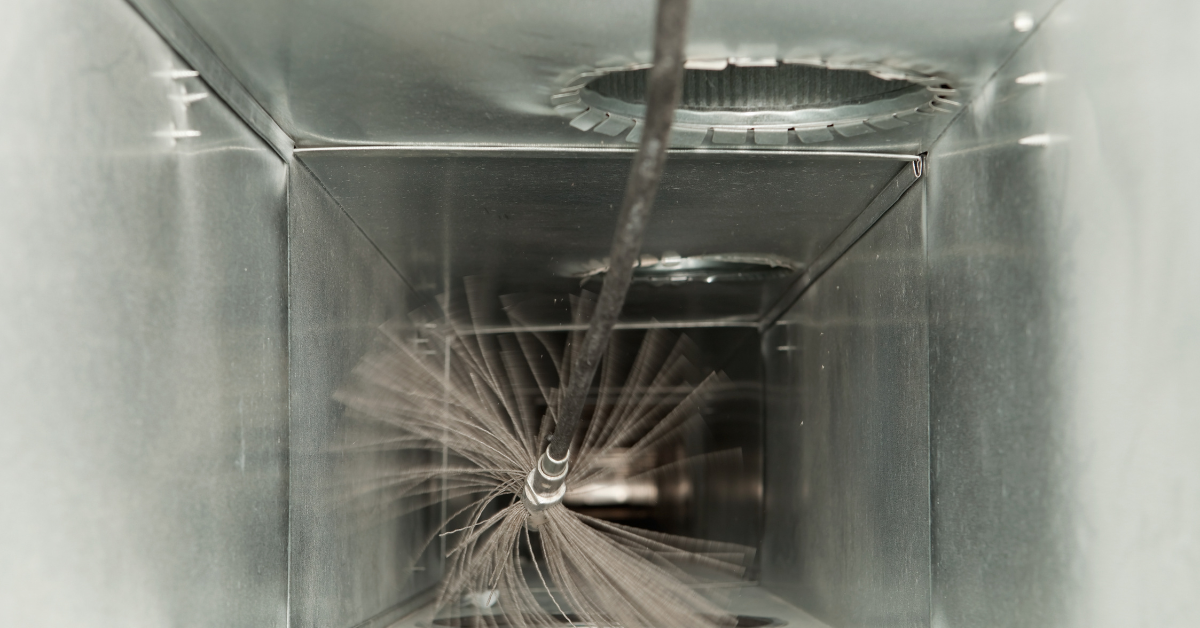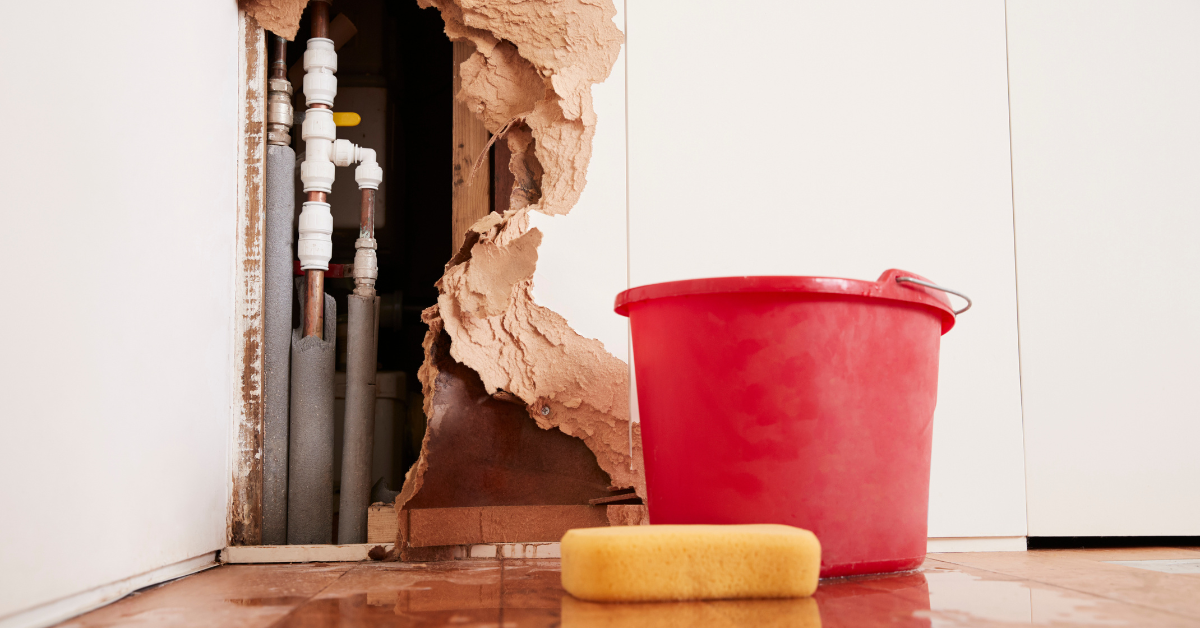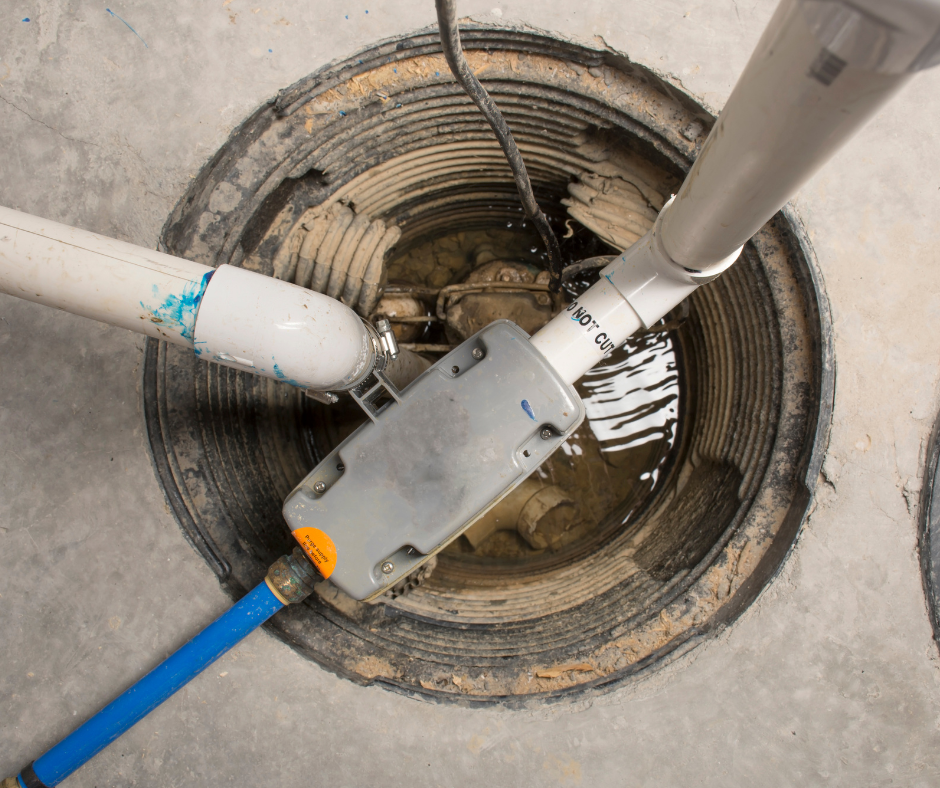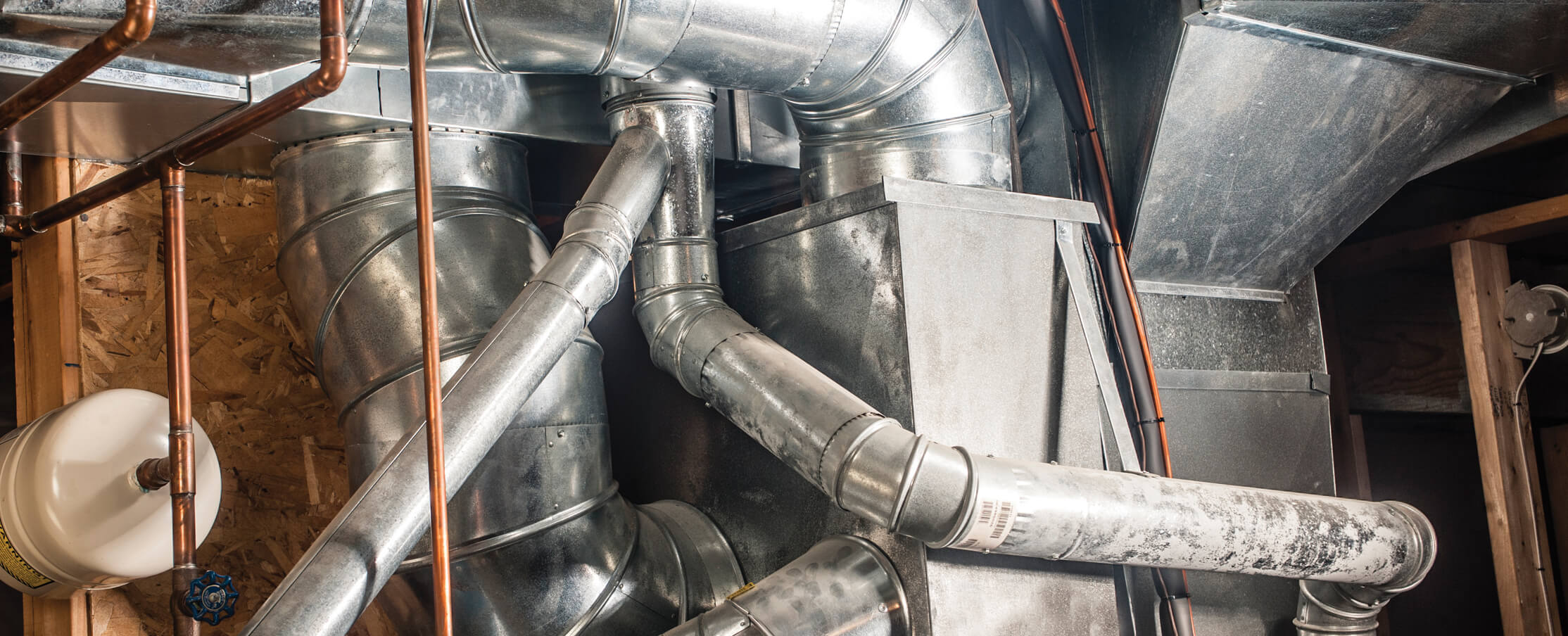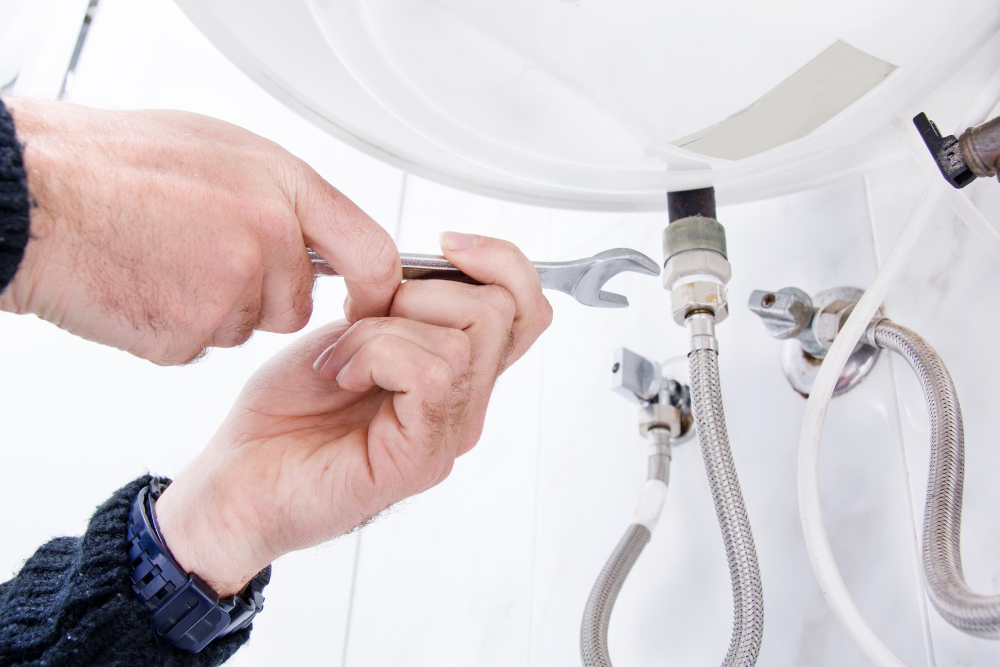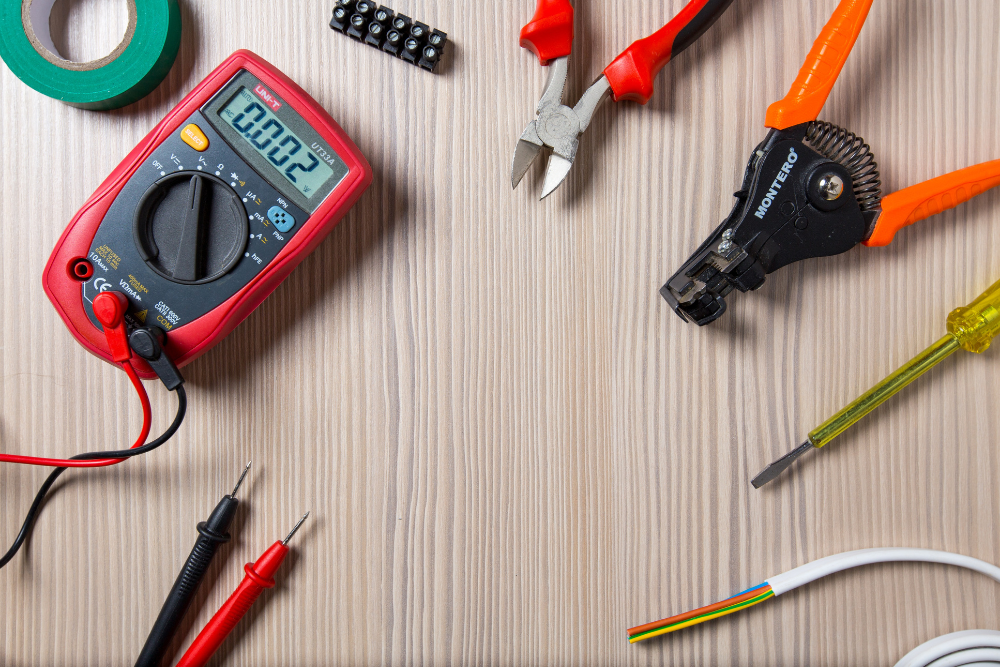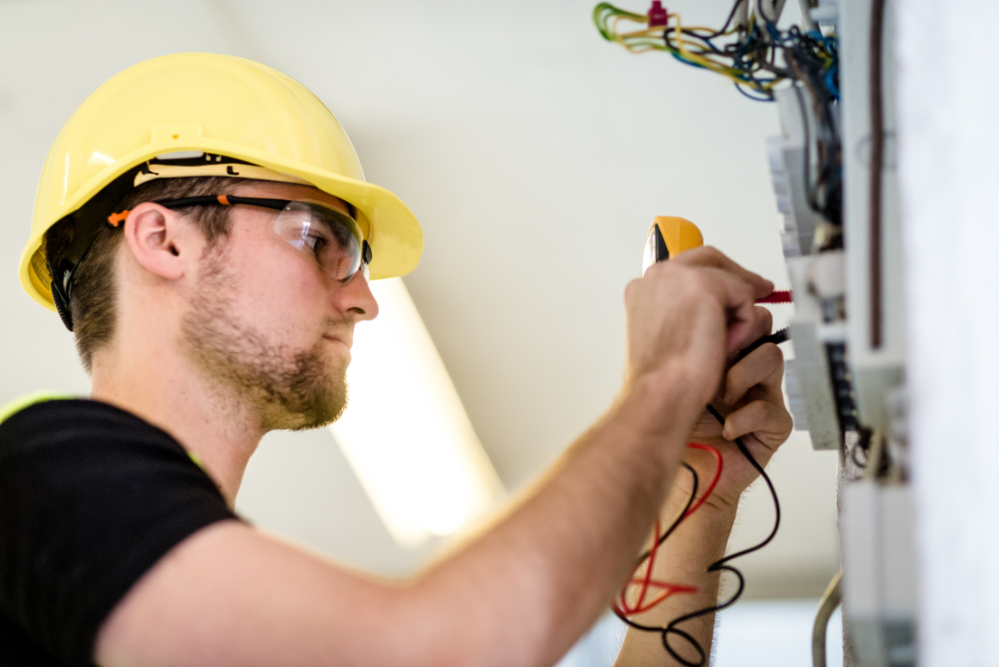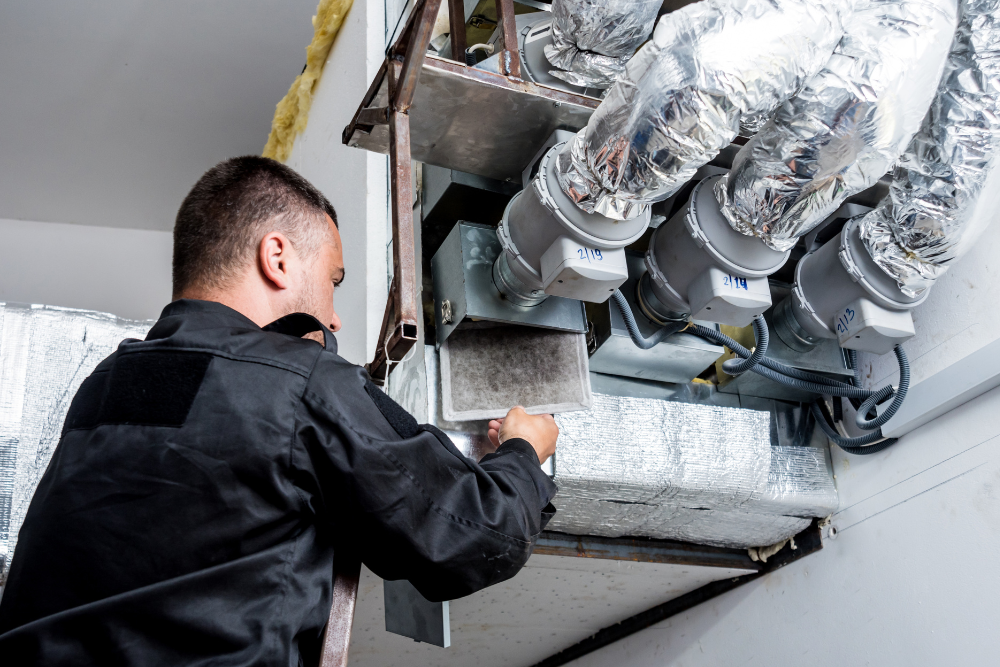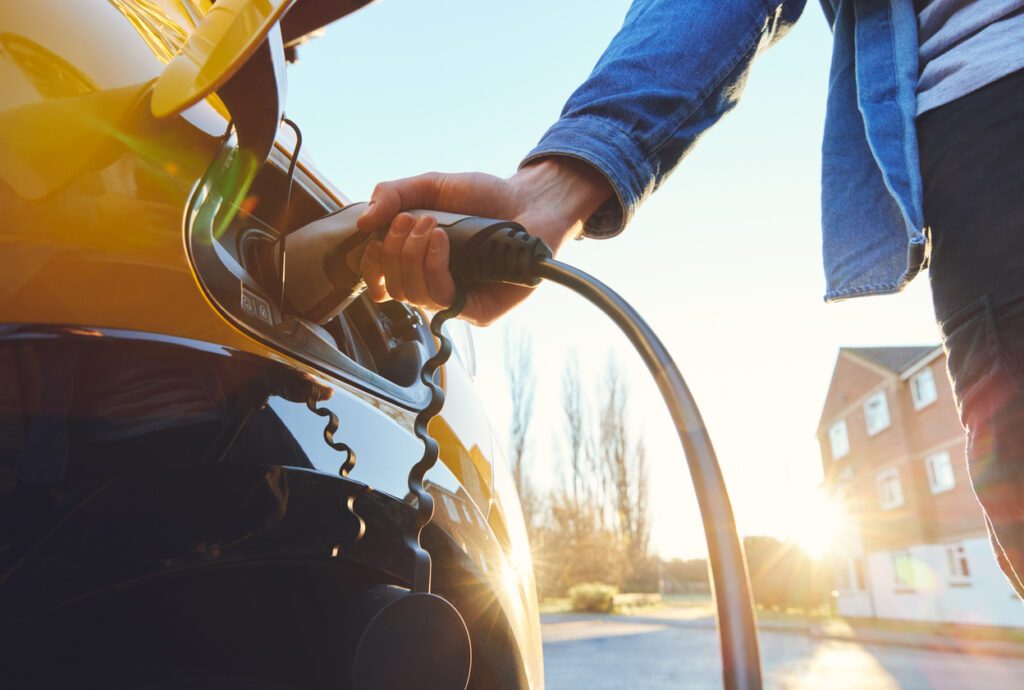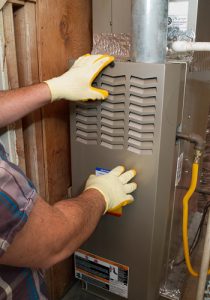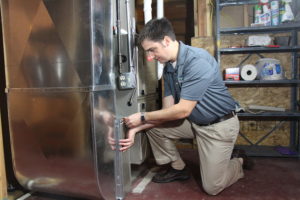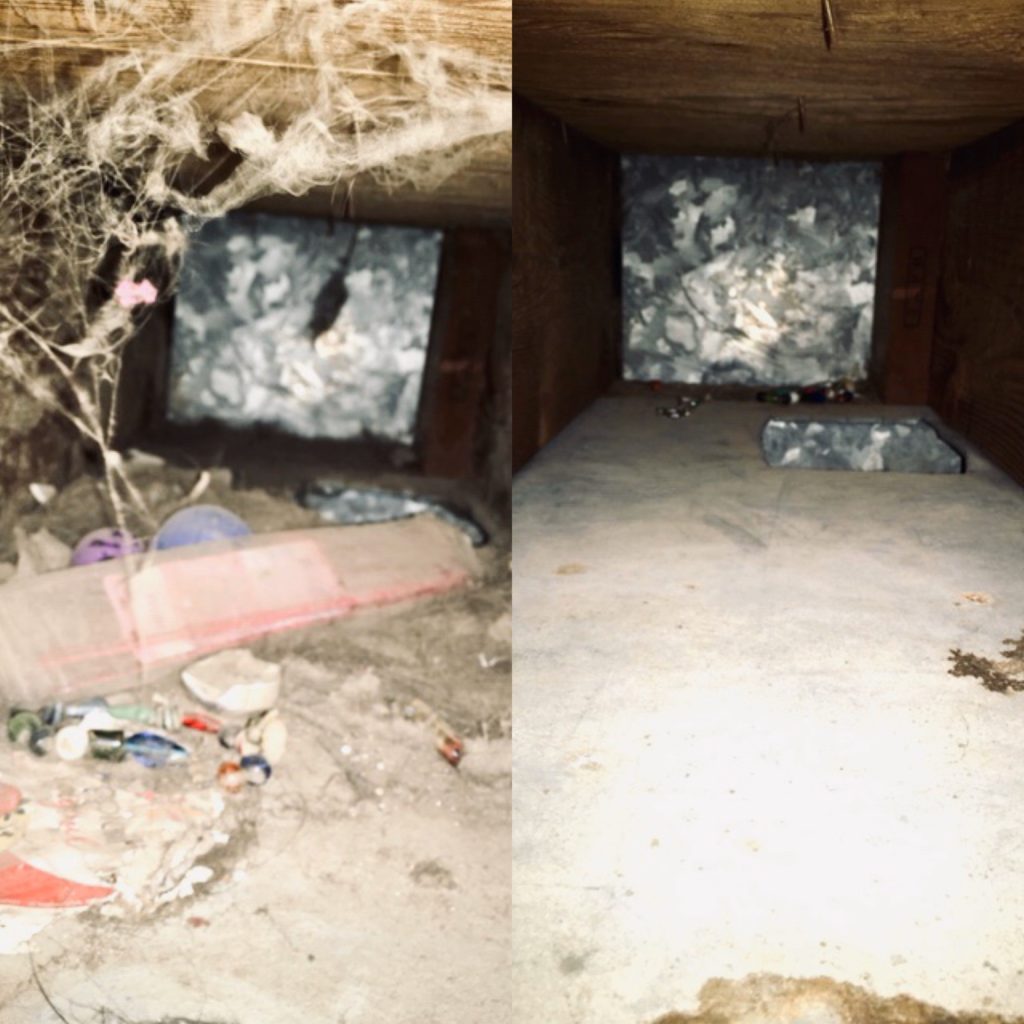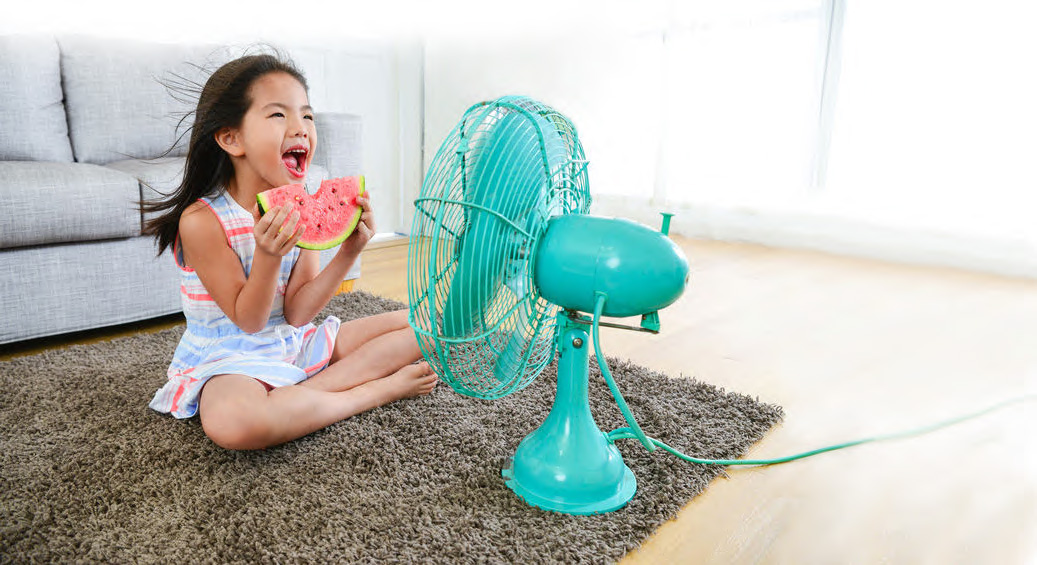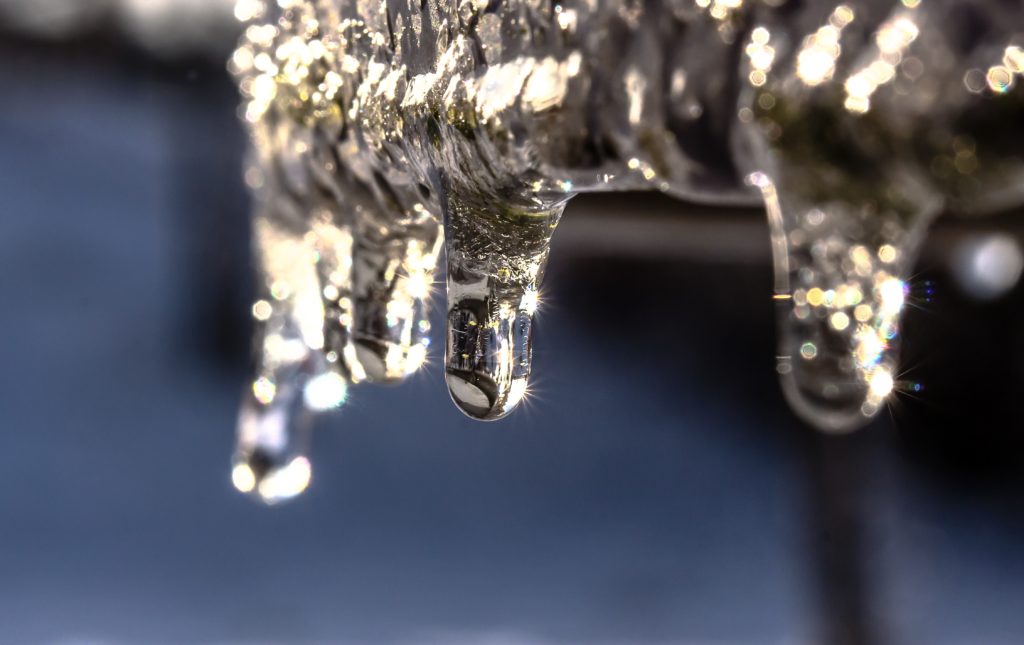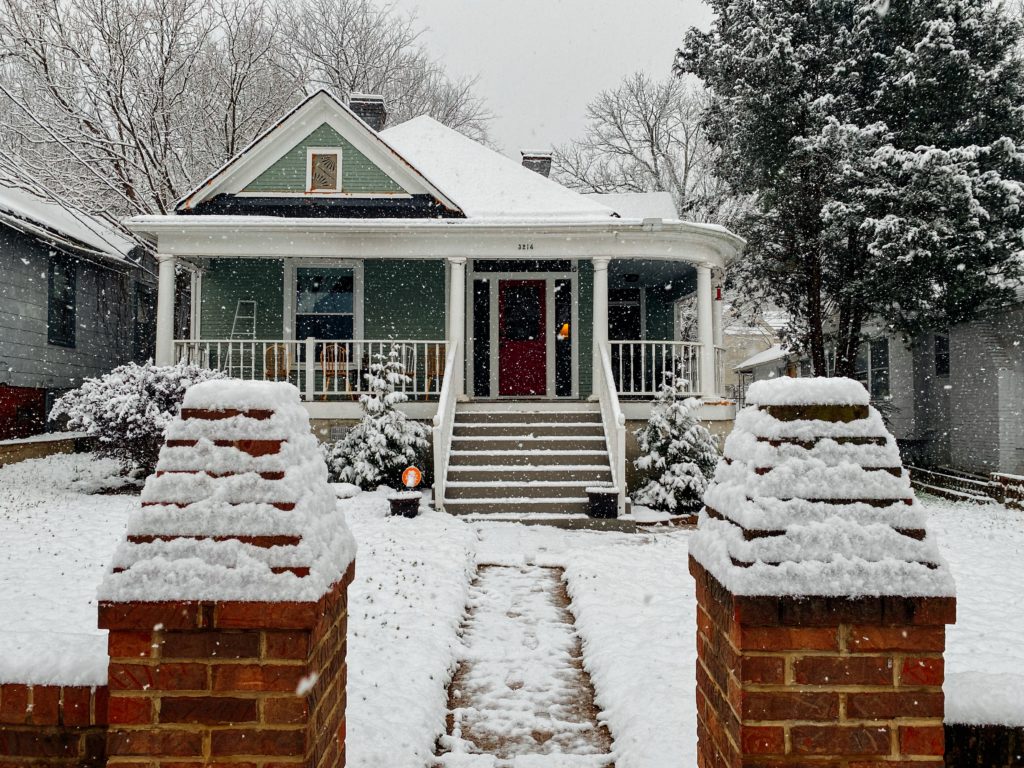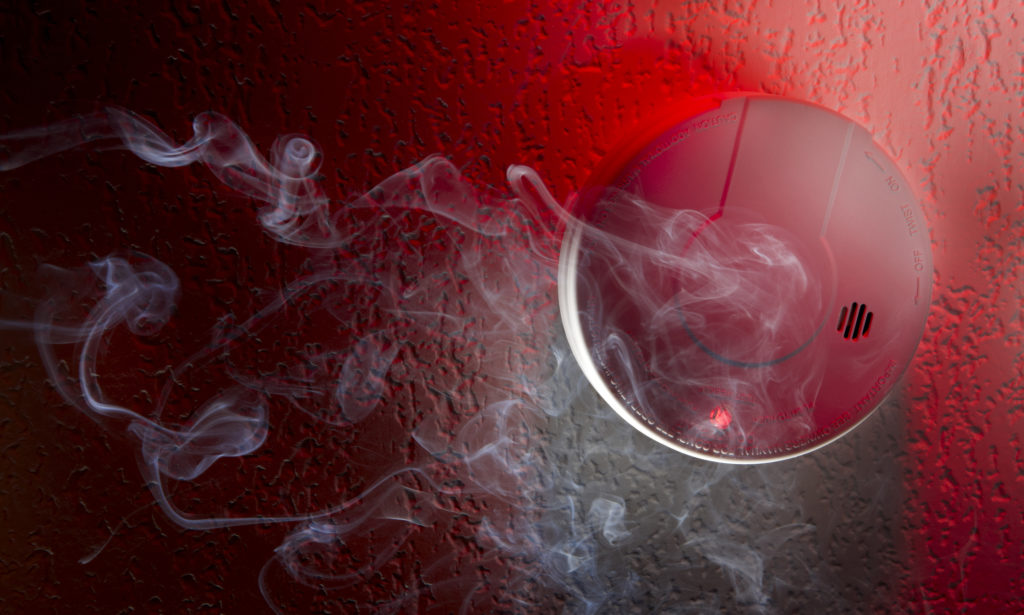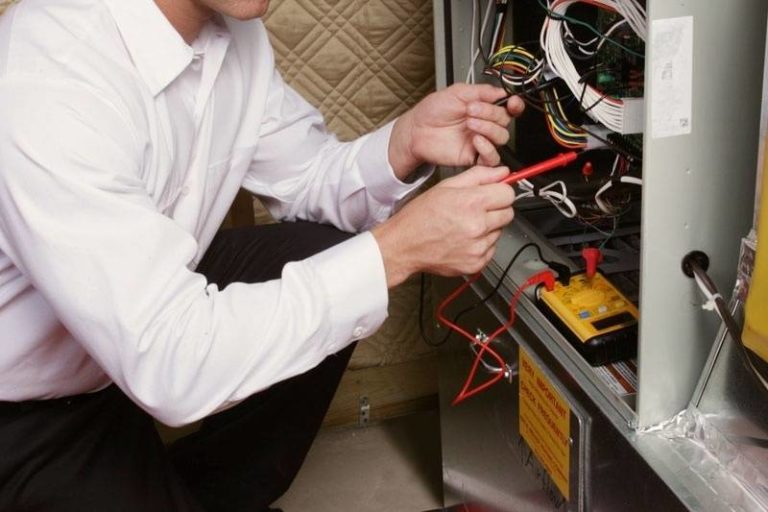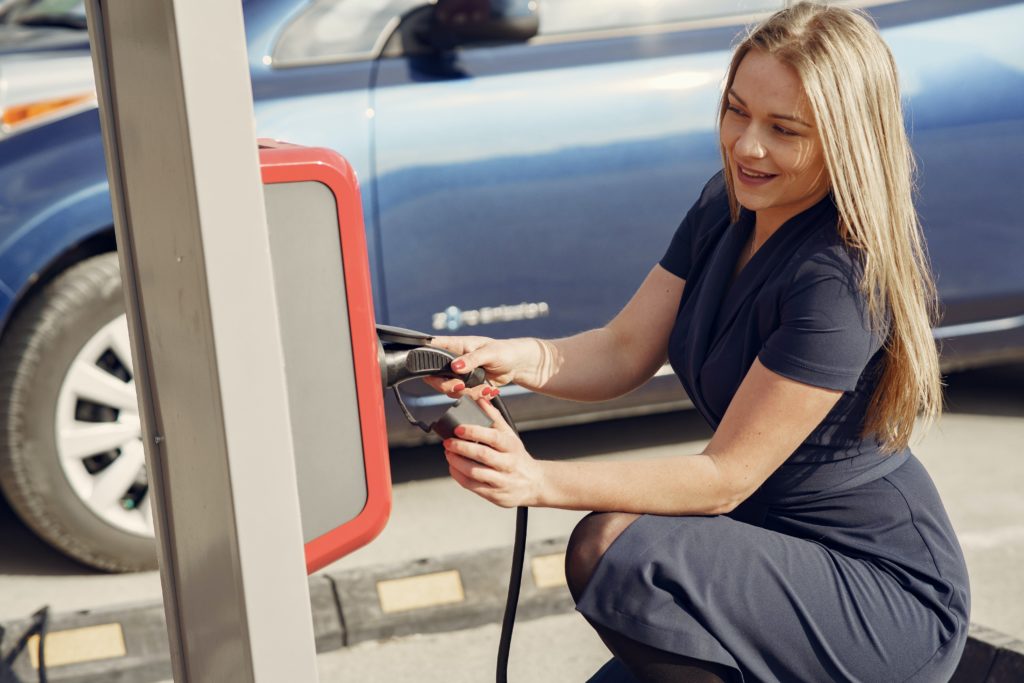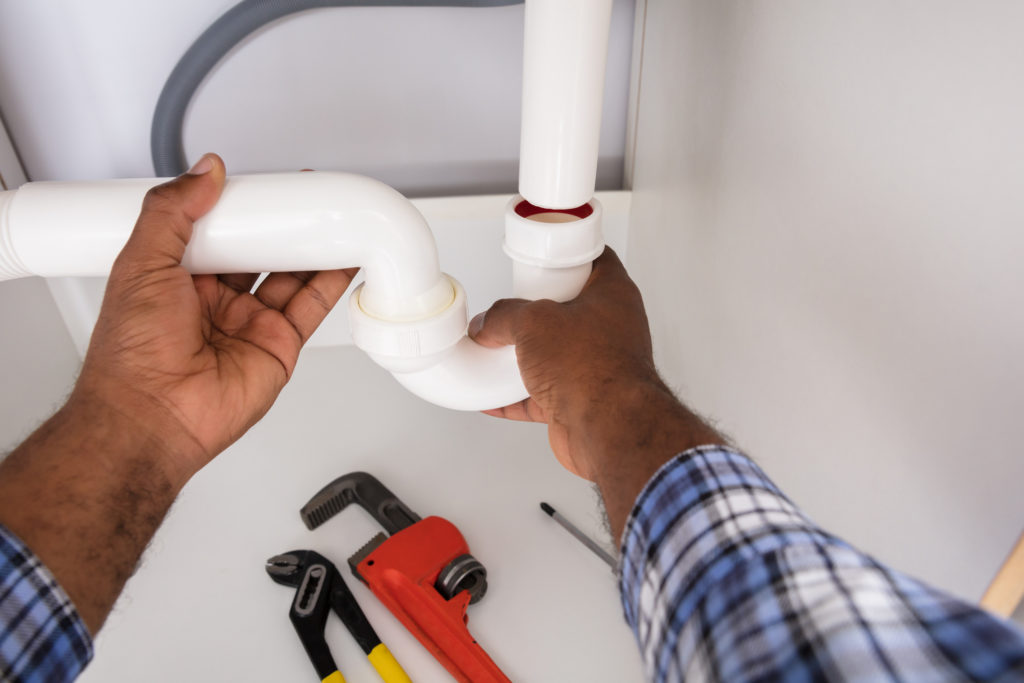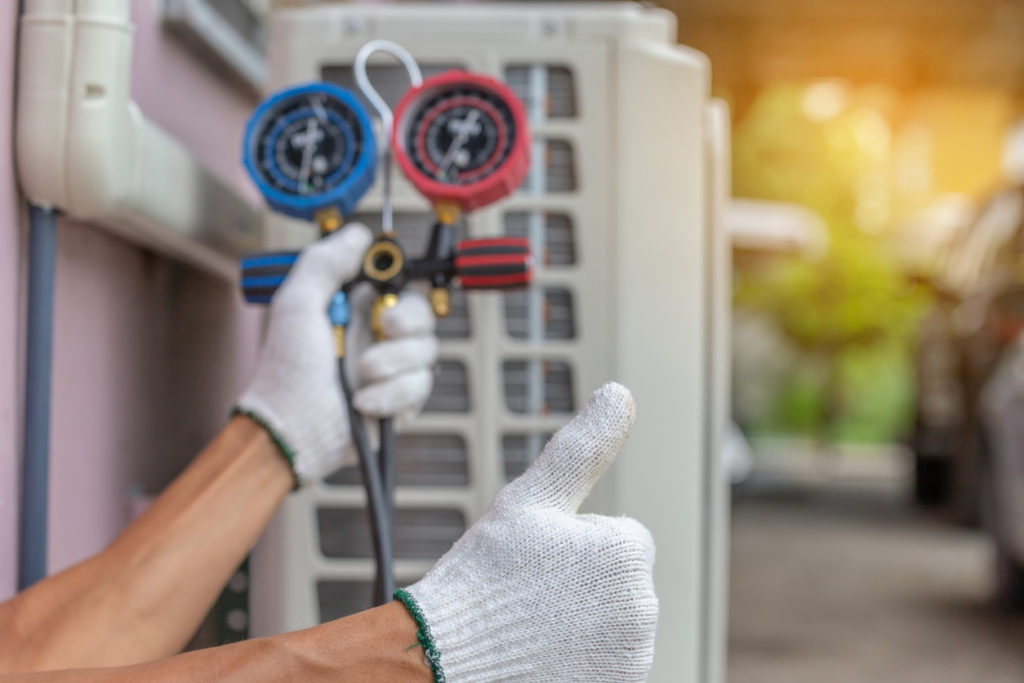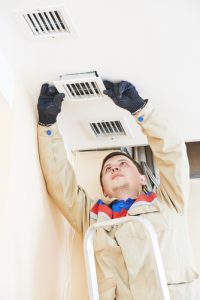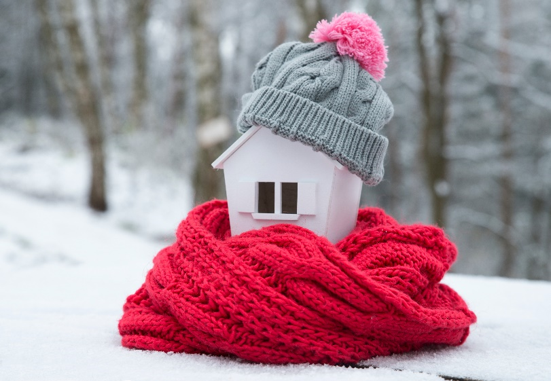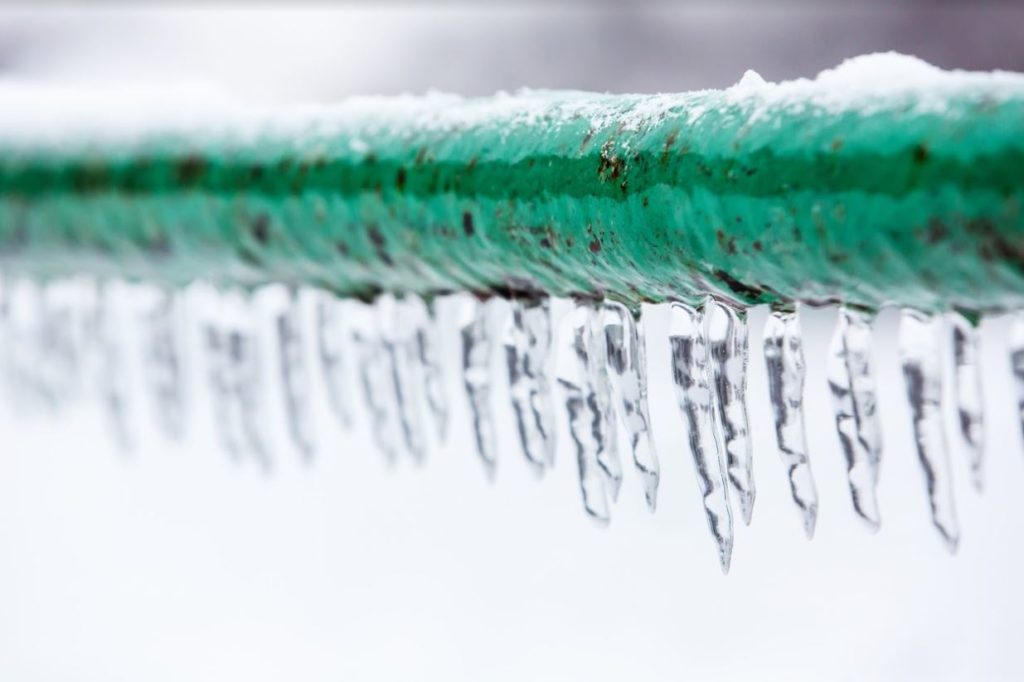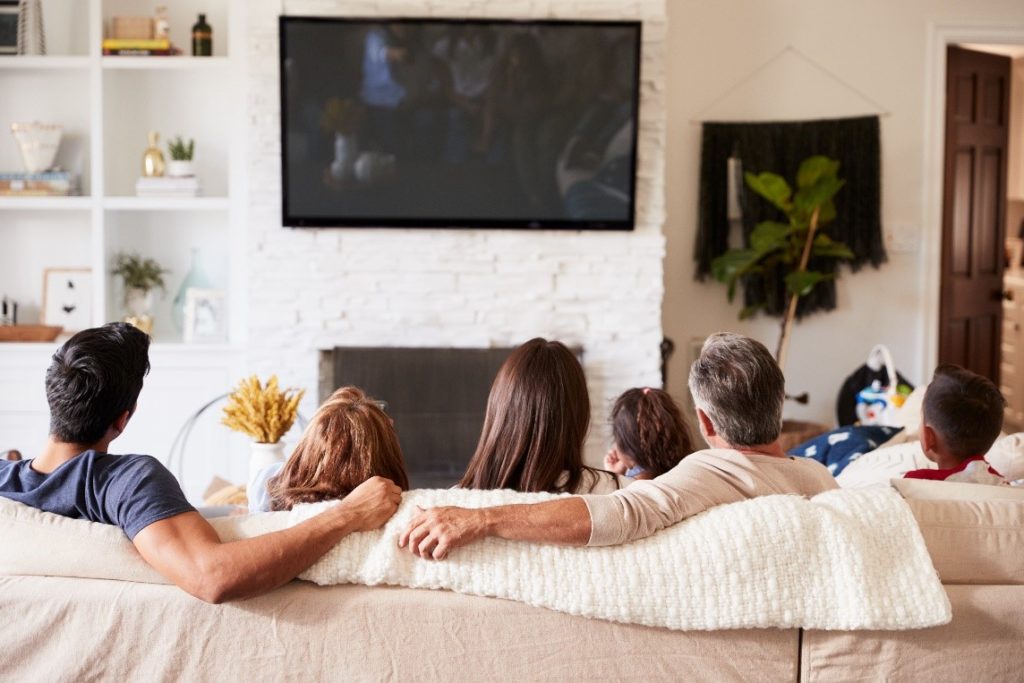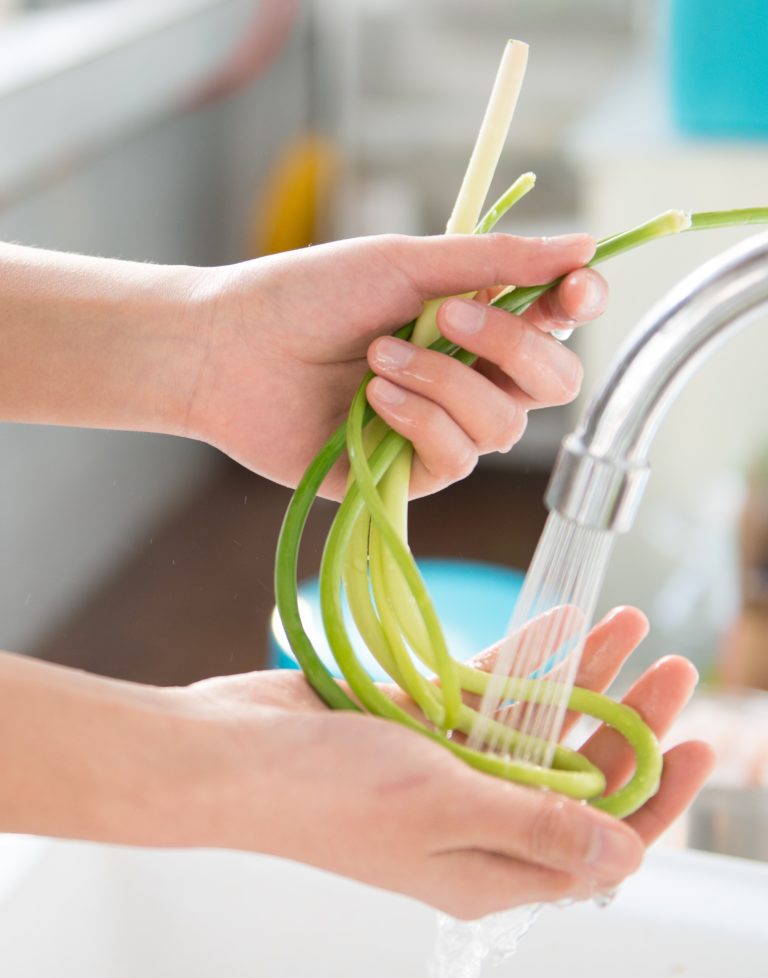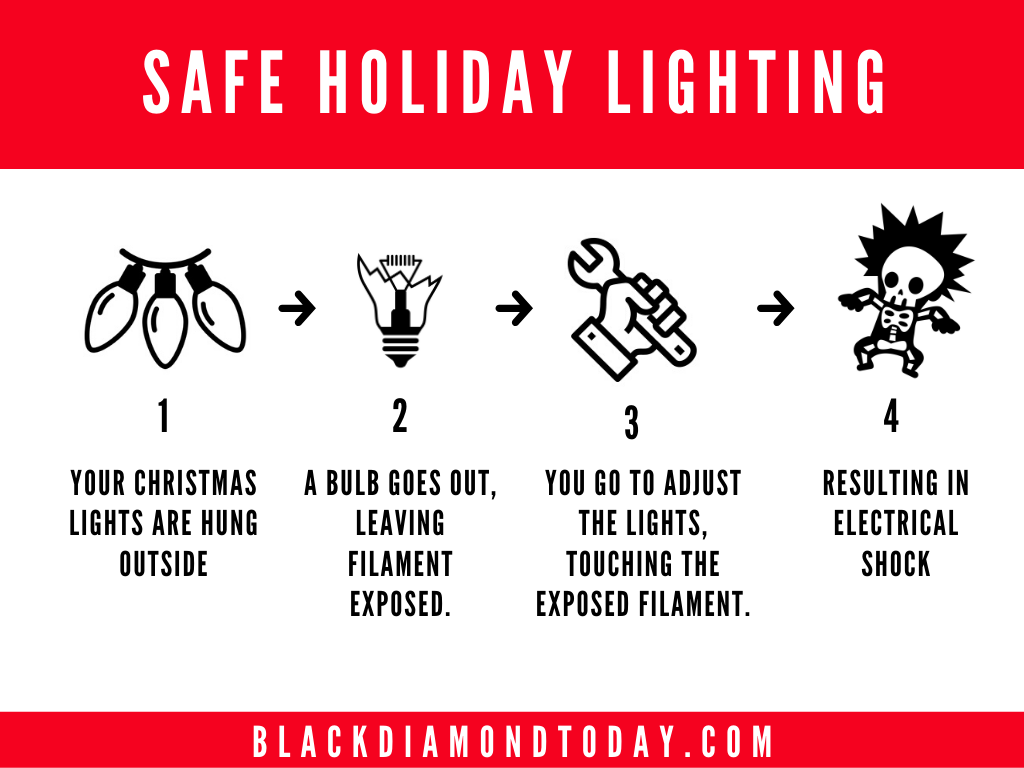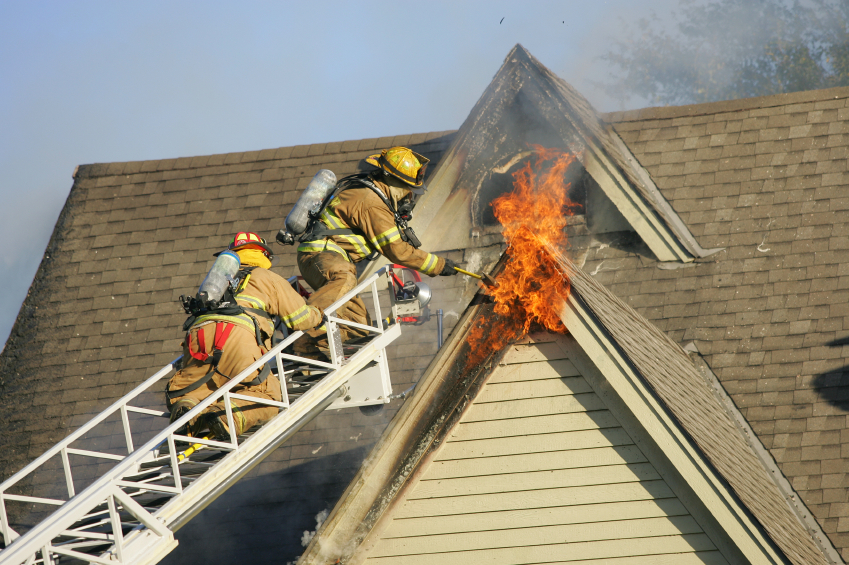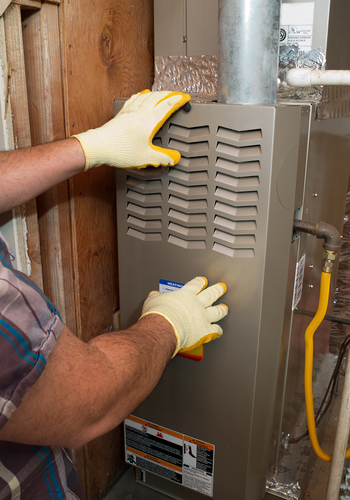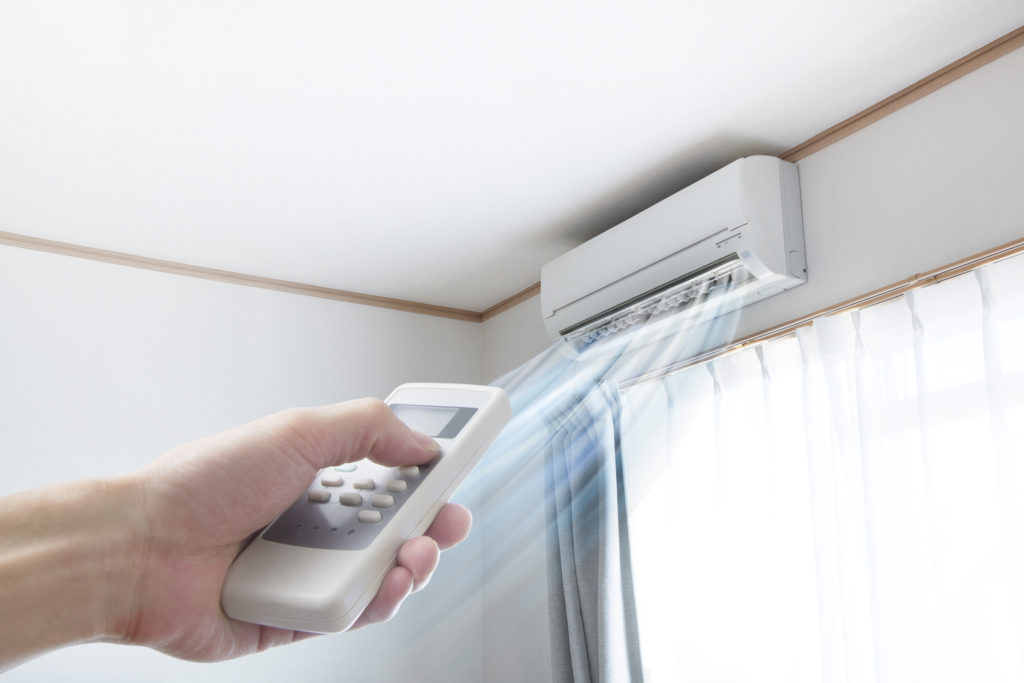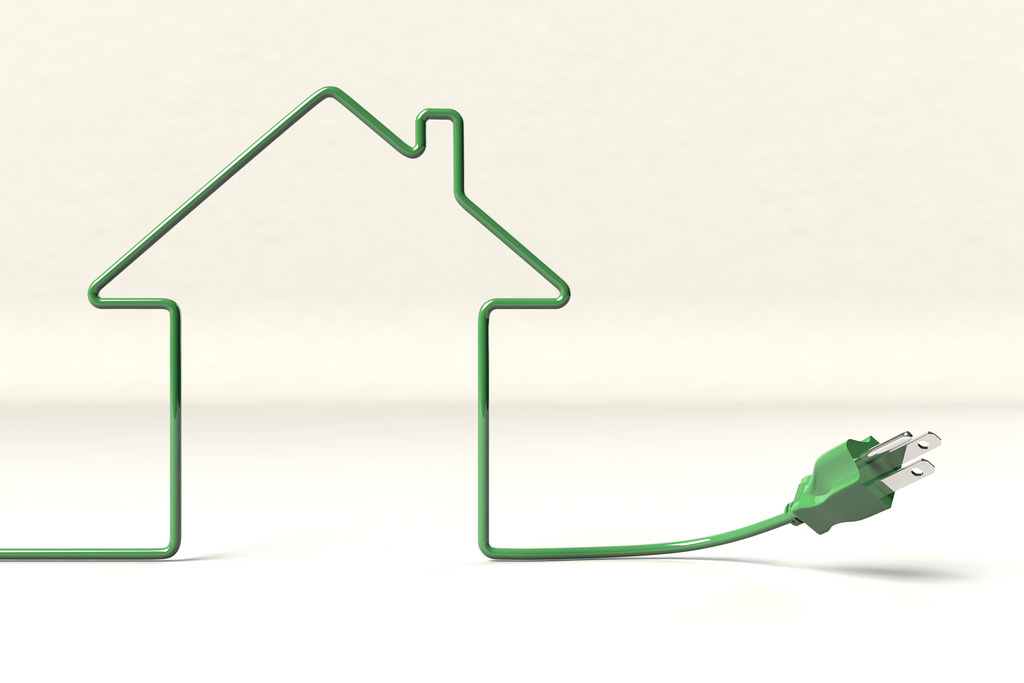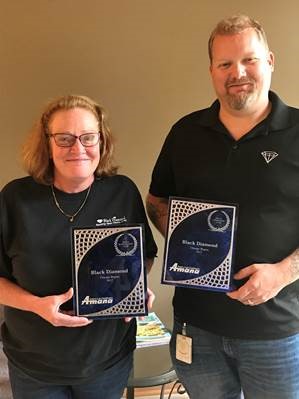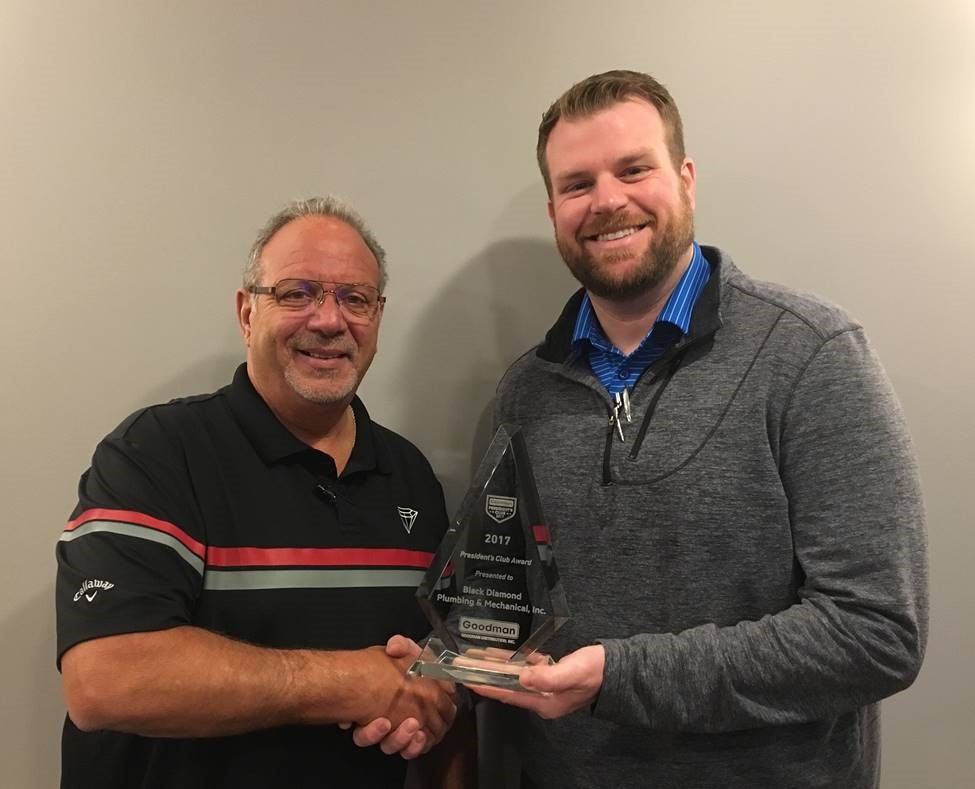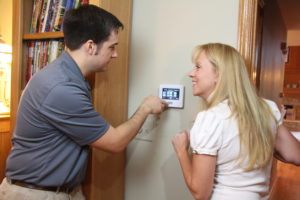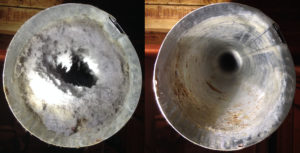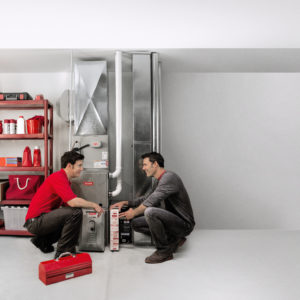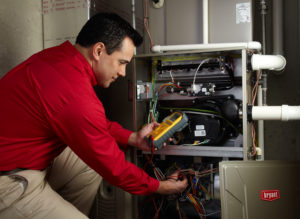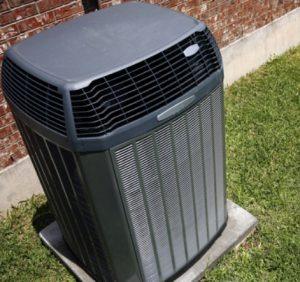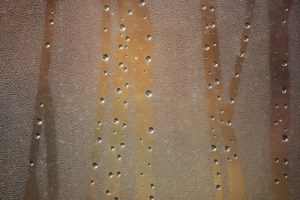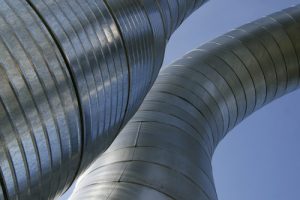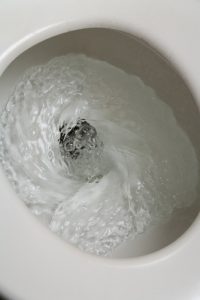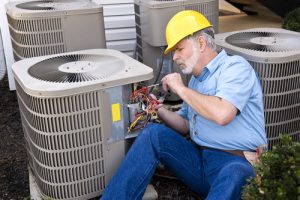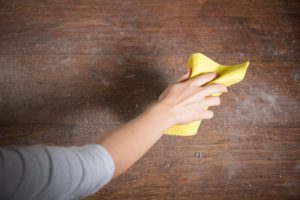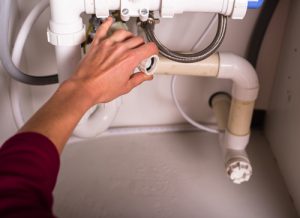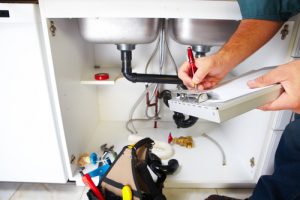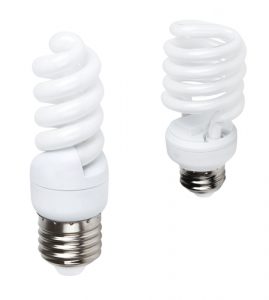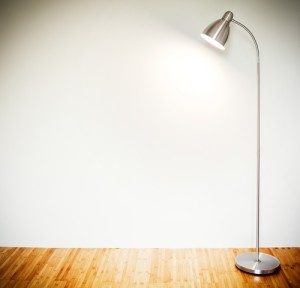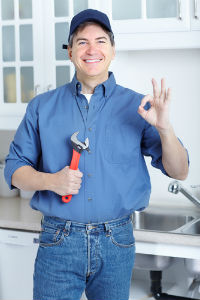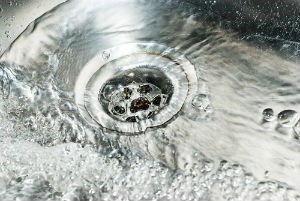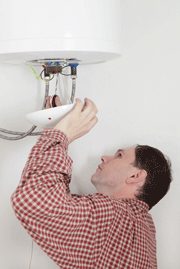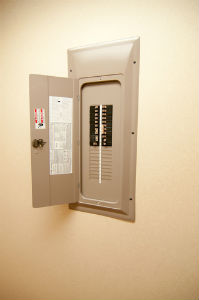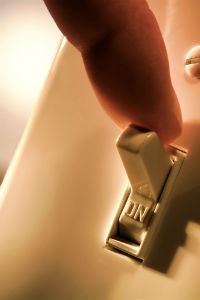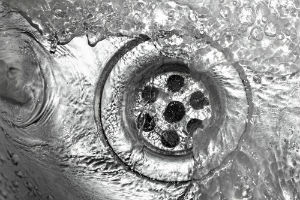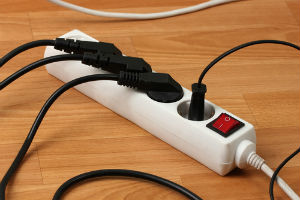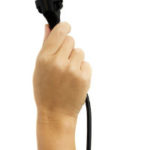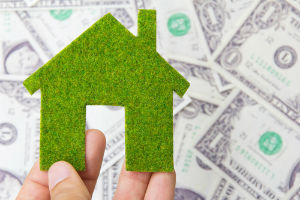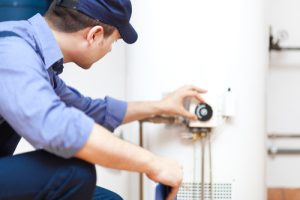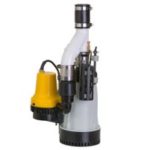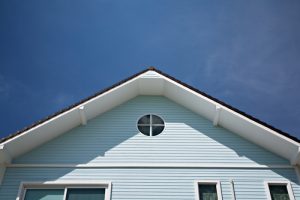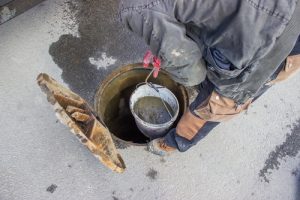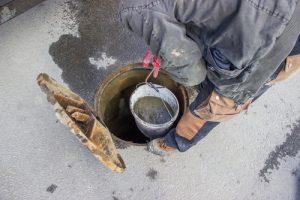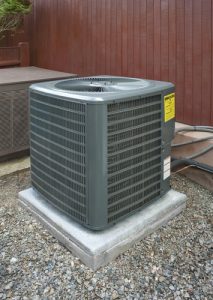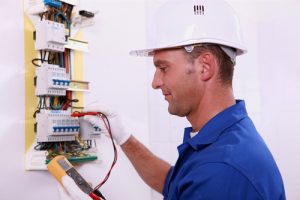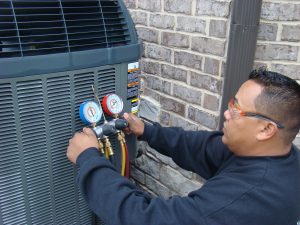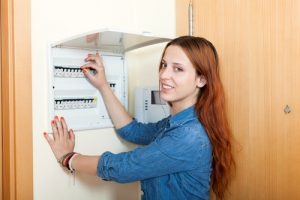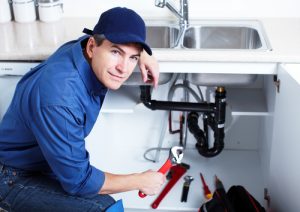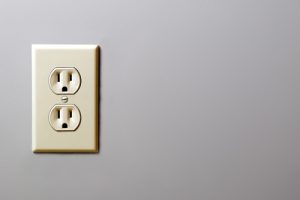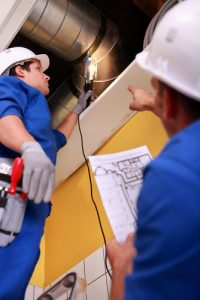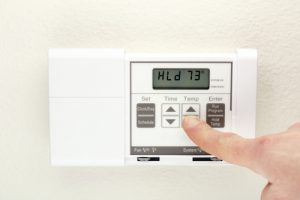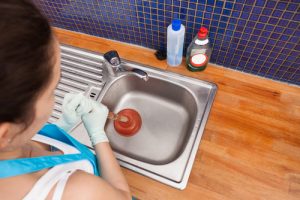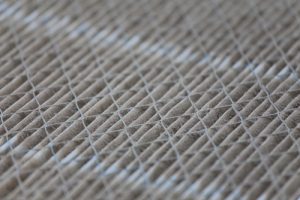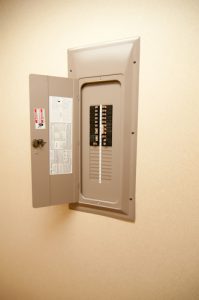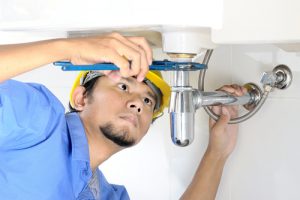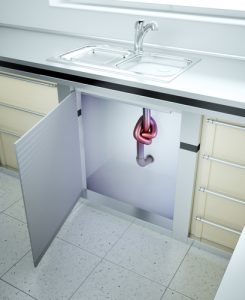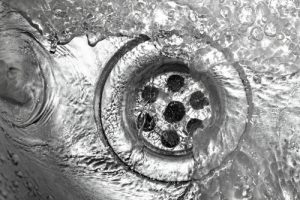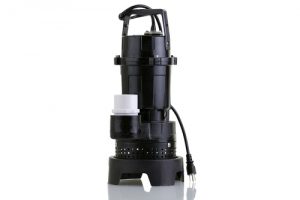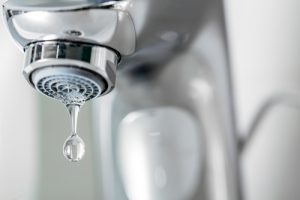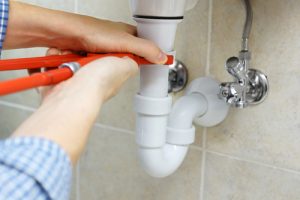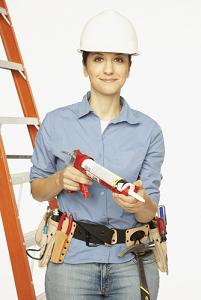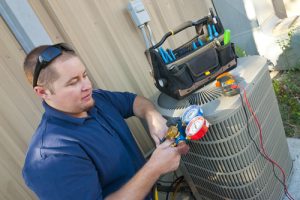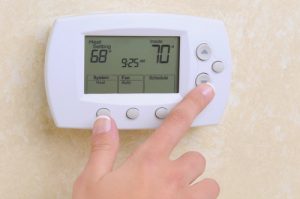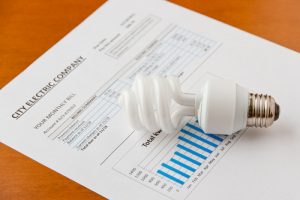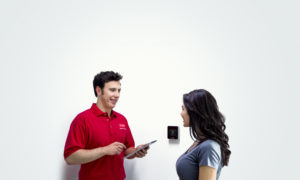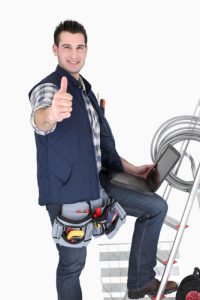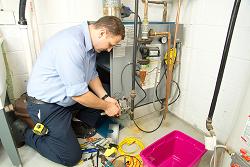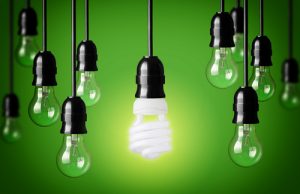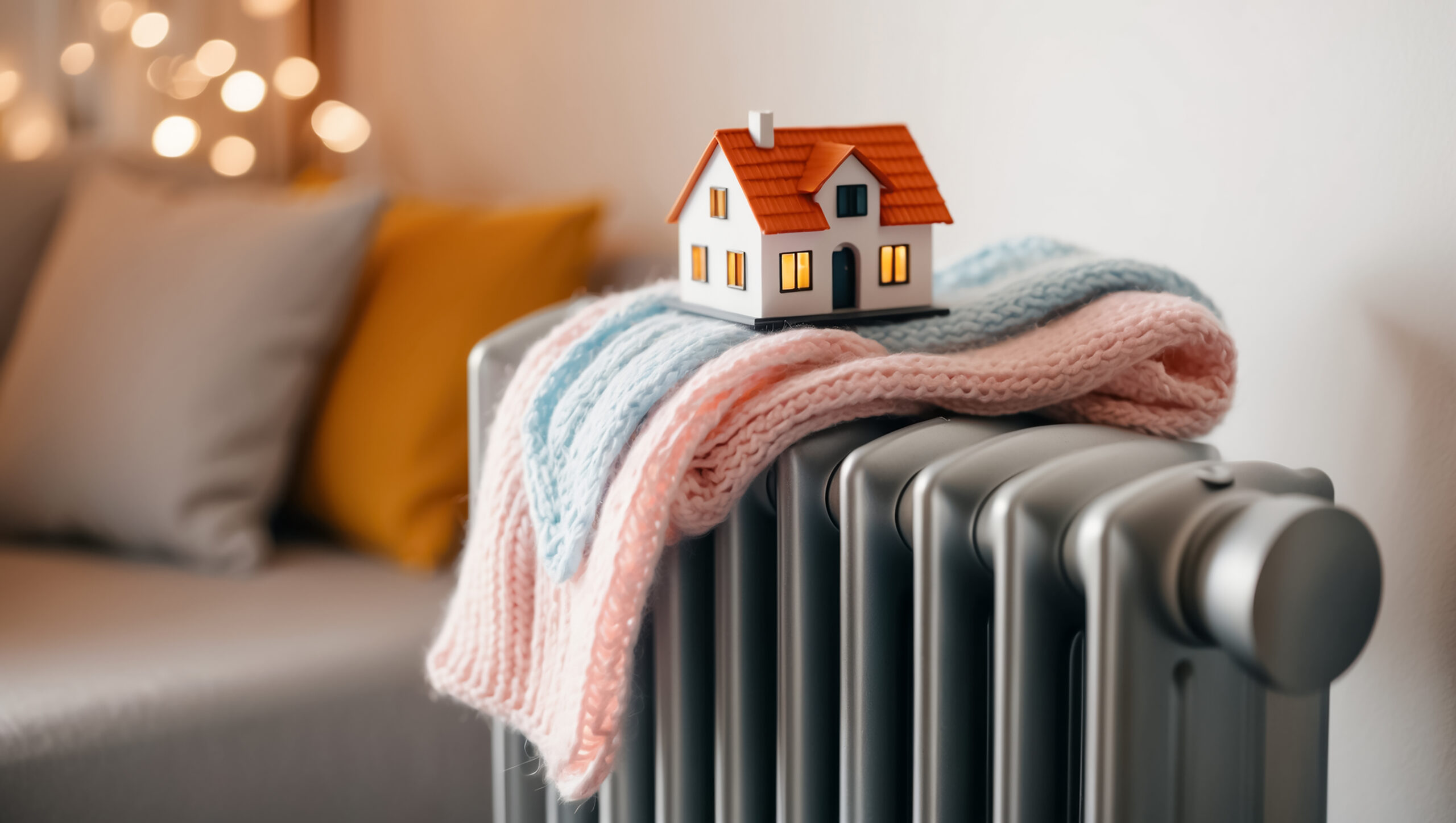Save Energy Dollars Around the Clock in Your Illinois Home With These Tips

We all want to save energy dollars, but it’s not always easy to know where to begin reigning in energy use. Installing Energy Star-qualified appliances, switching to efficient lighting, and using hot water conscientiously all help, but there are many other ways to save energy you may not have considered. These help you reduce your bills without sacrificing your comfort during Chicagoland’s hot summers and frigid winters.
Save Energy Dollars Starting Today
Your usual daily routine could be costing you if it’s wasting energy. Adjusting your appliances and making some minor changes in your habits are the easiest ways to save energy dollars. While each individual change may not seem like much, over a few months the savings add up to something you’ll notice.
Lower your water heater temperature – Turn your water heater temperature to 120 degrees. This reduces the amount of energy used for water heating while still supplying you with comfortably hot water. You’ll also reduce risk of scalding, particularly important if your household includes young children.
As a bonus, you’ll protect your water heater components from the damage caused by excessively hot water, increasing your equipment’s lifespan. Just don’t reduce the temperature below 120 degrees or you’ll encourage the growth of Legionella bacteria, the cause of Legionnaires disease.
Use energy-saving settings – If you haven’t yet tried out the energy-saving settings on your washing machine, clothes dryer, refrigerator and dishwasher, now is the time. For example, use your dishwasher’s no-heat drying cycle and avoid the rinse-hold and pre-rinse.
Even if you have older appliances without special settings, you can still control their energy use. Keep your refrigerator no colder than 37 degrees and your freezer no colder than 5 degrees. Wash your delicates in cold water with cold-water detergents. When you run your washer, dryer or dishwasher, choose off-peak hours when electricity costs less.
Adjust your thermostat – In summer, set your air conditioner thermostat to around 78 degrees and no lower than 72 degrees. When you’re out of the house, raise the temperature to 80 degrees or higher. For every degree you raise your thermostat above 72 degrees for eight hours at a time, you’ll cut your cooling expenses by 1-3 percent.
In winter, set your furnace or heat pump thermostat to 68 degrees while you’re home and awake. Lower it when you leave or go to bed. Turning down your thermostat by 10 to 15 degrees for eight hours can save you 5 to 15 percent on heating.
Consider installing a programmable thermostat that will automatically adjust your home’s temperatures to save energy without interfering with your comfort.
Look over your lights – Note where you may be able to replace incandescent lights with energy-saving compact fluorescent (CFL) and LED lighting. These modern lighting alternatives use 75 percent less electricity than incandescent bulbs. They also run cooler, helping you avoid summer heat buildup in your home. Prime candidates for replacement are 40- and 60-watt incandescent bulbs.
Survey your appliances – Over the last 10 years, technological advancements have improved the efficiency of nearly all types of appliances. What’s more, the lifespan of many appliances is around 10 to 15 years.
Search your home for appliances that are 10 years old or older and consider upgrading the ones you find. Check your refrigerator, oven, washer and dryer, water heater, and heating and cooling equipment (air conditioner, furnace, heat pump or boiler). When you start shopping around for replacements, look for Energy Star-qualified models or, for even greater savings, choose one of the current year’s Energy Star “Most Efficient” models.
Turn off unused electronics – By turning off and unplugging your electronics when you’re not using them, you could save 6 to 10 percent on your energy bills. Even in standby mode, electronics such as TVs and computers still draw power. Plugged-in cell phone chargers do the same.
Check your air filter – Keeping your furnace or heat pump air filter clean is a simple, low-cost job, but it can save you big. A dirty air filter impedes airflow, reducing your system’s efficiency by as much as 20 percent.
Letting your filters go too long without changing them places strain on your blower motor, potentially causing it to fail early. In your air conditioner, insufficient airflow can cause your system to repeatedly ice up, and can damage your evaporator coil and condenser. In your furnace, lack of airflow can cause the system to overheat. The solution? Remove your filter once a month and if it has developed a layer of dust, replace your air filter with a clean one.
Make your bed – If you have a waterbed, neatness isn’t the only reason to make your bed every morning. Putting the covers on snugly insulates your bed, cutting its energy use by 30 percent.
Save Even More Energy with Simple Home Upgrades
While not every way to save energy dollars is something you can start immediately, many are simple jobs you can get done over a couple of weekends. Others may take a greater investment of time, but will pay you back with savings and a more comfortable home.
Upgrade your fixtures – Energy-efficient large appliances aren’t the only things that can help you save energy dollars. Today’s low-flow shower heads and faucets use less hot water without sacrificing performance.
For the greatest savings and highest performance, look for WaterSense-labeled fixtures. A WaterSense-labeled showerhead uses around 20 percent less water than a standard model, while a Watersense-labeled faucet uses 30 percent less. With these fixtures, you’ll not only lower your water heating bills, you’ll also be protecting a valuable natural resource.
Insulate your water heater – If your water heater’s tank is warm to the touch or wrapped in old fiberglass insulation, it’s due for an insulation upgrade. Placing an insulation blanket on your water heater can cut your water heating bill by up to 9 percent. Specially designed blankets are available for both fuel-burning and electric water heaters in a variety of sizes.
Check out your ductwork – Check over your accessible air ducts for loose or unsealed connections and poor insulation. These problems can decrease your ductwork’s efficiency by up to 20 percent. Save energy dollars by sealing duct connections with mastic gum and insulating ducts that run through unconditioned spaces, such as the attic and crawl space.
Seal air leaks – Unless you’re living in a recently built airtight home or one that’s been air sealed, chances are the leaks in your home are letting out so much conditioned air, it’s as if you’re leaving a window open all day, every day.
The biggest losses come from penetrations for utility lines (electrical, TV, and phone lines, as well as gas and water pipes) along with windows and doors. Attics and basements also tend to have many leaks. Applying weatherstripping and caulk as appropriate will help you keep more of that expensive air conditioned or heated air in your home.
Inspect your insulation – Upgrading your insulation helps you save energy dollars by cutting down on the amount of heating and air conditioning you need. Can you see the rafters in your attic? If so, your attic could use more insulation. Consider adding more until you have a minimum of 10 inches of fiberglass batt or blown-in cellulose insulation. Also inspect the crawl space for deteriorating or missing insulation. A heating and cooling contractor can check your walls for low insulation, using an infrared thermal imaging camera.
Upgrade your windows – For very leaky or damaged windows, replacement is often a better option than air sealing. Upgrading to Energy Star-qualified windows can reduce your energy bills by 7 to 15 percent. If replacing windows isn’t an option right now, consider installing storm windows or, in winter, applying window insulation film.
Audit your energy expenses – Set aside your utility bills for at least one month or preferably several months. Take a close look at how much you’re spending on electricity, fuel and other utilities. Target one at time for reduction measures. For instance, if you seem to be spending a lot on natural gas, consider your gas furnace, stove, or water heater for ways to cut back.
Schedule equipment tuneups – With heating and cooling equipment, minor issues that don’t noticeably affect performance can still reduce efficiency, as well as set the stage for damaged components. To keep your furnace, A/C and other equipment at peak efficiency and performance, schedule annual professional inspections.
Schedule an energy audit – The more energy-wasters you can find in your home, the better you can save energy dollars. A professional energy audit will identify points of energy loss that would be almost impossible to find by yourself. During the audit, a heating and cooling professional will bring in specialized equipment such as a blower door to measure air leakage and thermal imaging equipment to find areas of insufficient insulation.
Whether you’d like guidance on choosing energy-efficient appliances or you’re ready for a home energy audit, please contact us at Black Diamond Plumbing & Mechanical anywhere in the area.
Written by Rick Sperando
Image provided by Shutter Stock.
Recent Posts
Request Service
Please fill out the form and we will get in touch with you shortly. We look forward to serving you!
Request Service
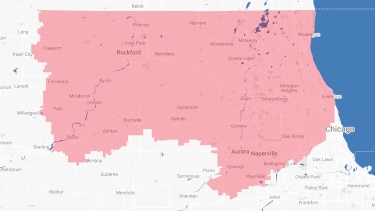
Proudly Serving
The Chicagoland AreaAddison | Algonquin | Antioch | Arlington Heights | Aurora | Barrington | Bartlett | Batavia | Beloit | Belvidere | Bensenville | Bloomingdale | Bolingbrook | Buffalo Grove | Byron | Caledonia | Capron | Carol Stream | And Much More!
VIew ALL

